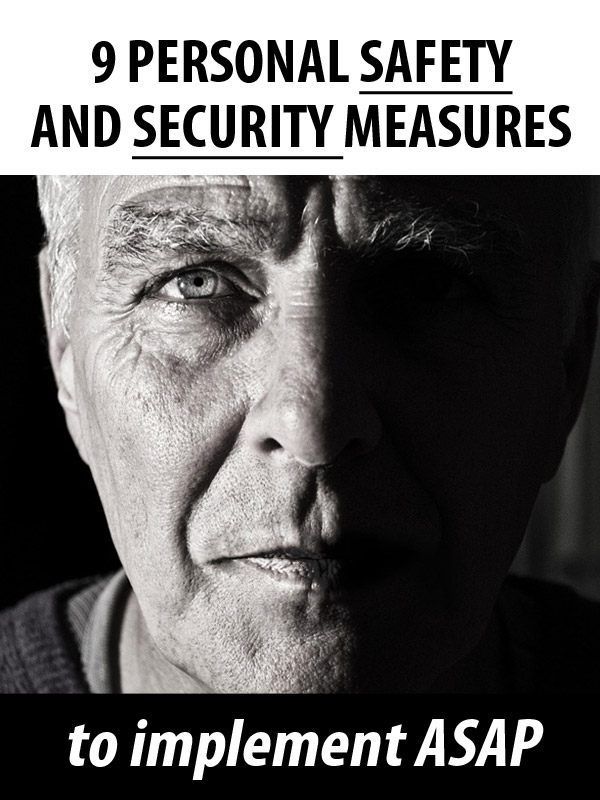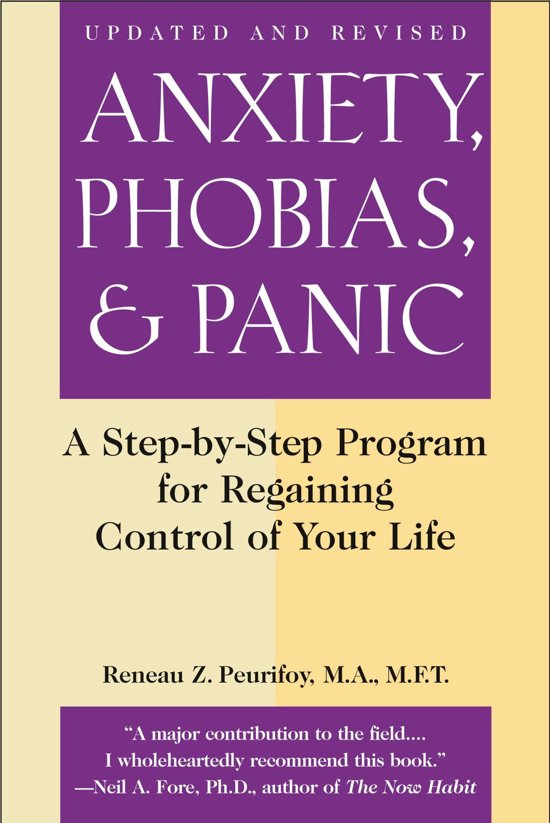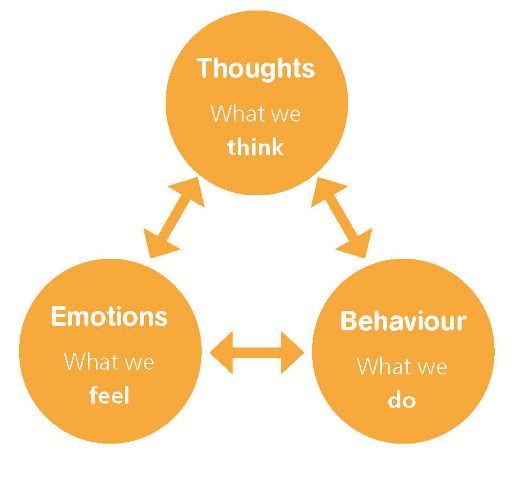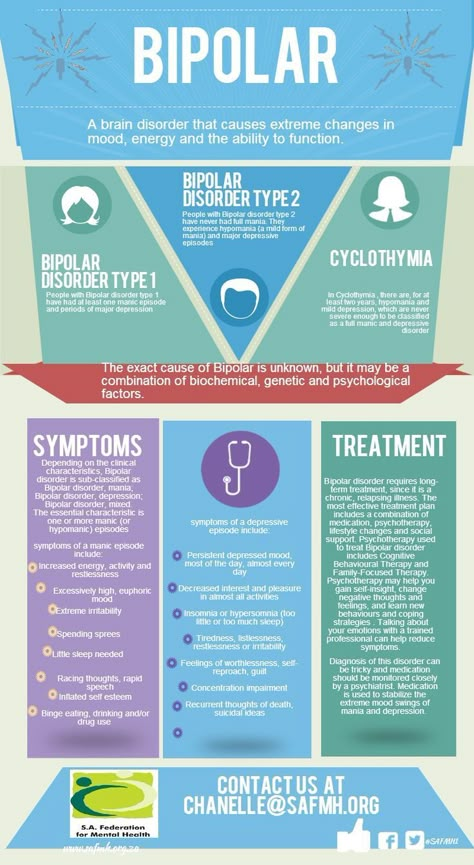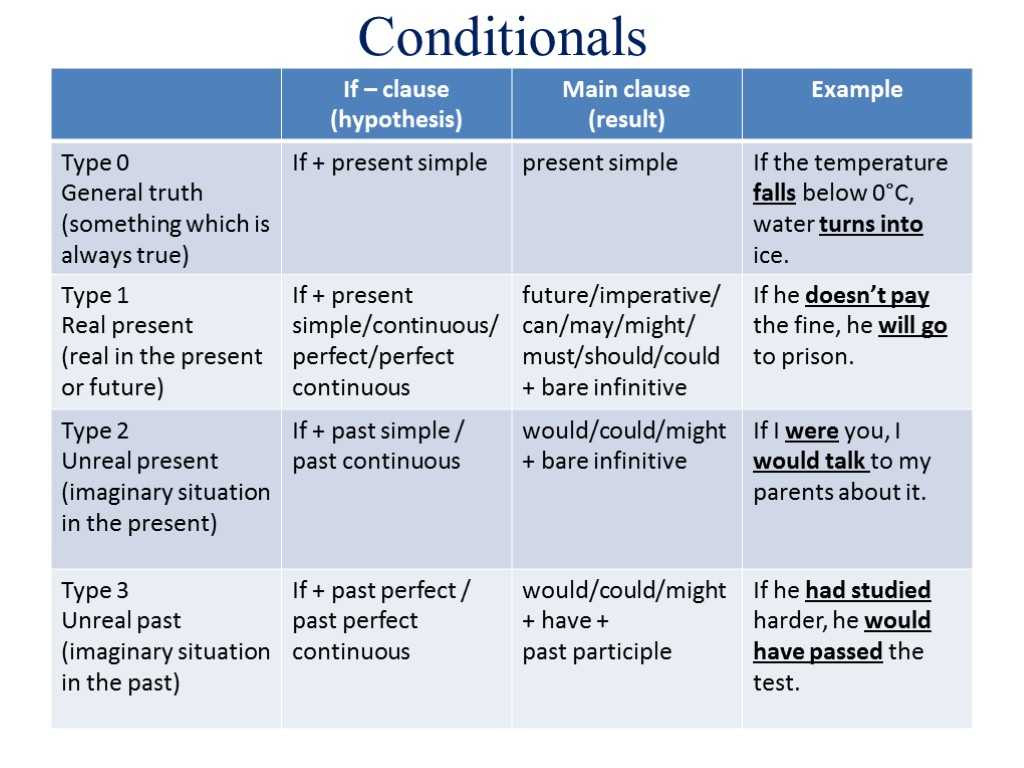Life after narcissist
A Relationship With A Narcissist Can Cause Lifelong Trauma
The lingering trauma of being in a relationship with a narcissist.
If you're fresh out of that relationship, you'll blame yourself and fall prey to their requests to meet because they'd love to apologize and thank you—during which they'll hook you back. They'll intermittently appear and disappear from your life, especially when you're starting to live better again, because they don't want you having a good life without them. Sometimes, you'll miss them and want to reach out. Or you continue keeping in touch because you think that's the polite thing to do, and that's how the narcissist continues to subtly poison you, impeding your healing.
But the effects of having dated a narcissist can continue to linger even after you've cut off all contact and your legal entanglements with them are over.
The thing about trauma is that our brains need closure. And so sometimes we end up in similar relationships, or what we call "repetition compulsion" in psychology. It feels like a bad magic spell, and we feel more helpless and hopeless with time.
Or, fast-forward decades. You can be in an amazing relationship with someone who loves you, but you're always looking over your shoulder. You're haunted by the trauma and anxiety, which you may manage by medicating yourself with work, overthinking, or praying, but it's always in the background. You wonder why people hurt you and why you can't trust most humans. And one fine day, the trauma catches up with you, and you break down.
This trauma can even pass on to your next generations—some evidence suggests that unresolved trauma passes on genetically and energetically within the family line so that it can be resolved by one's descendants eventually. In the case of narcissistic abuse, that means people later in your family line could end up being involved in relationships with abusers, or become abusers themselves. In spiritual circles, the saying that the same lessons will present themselves over and over again until we've learned them.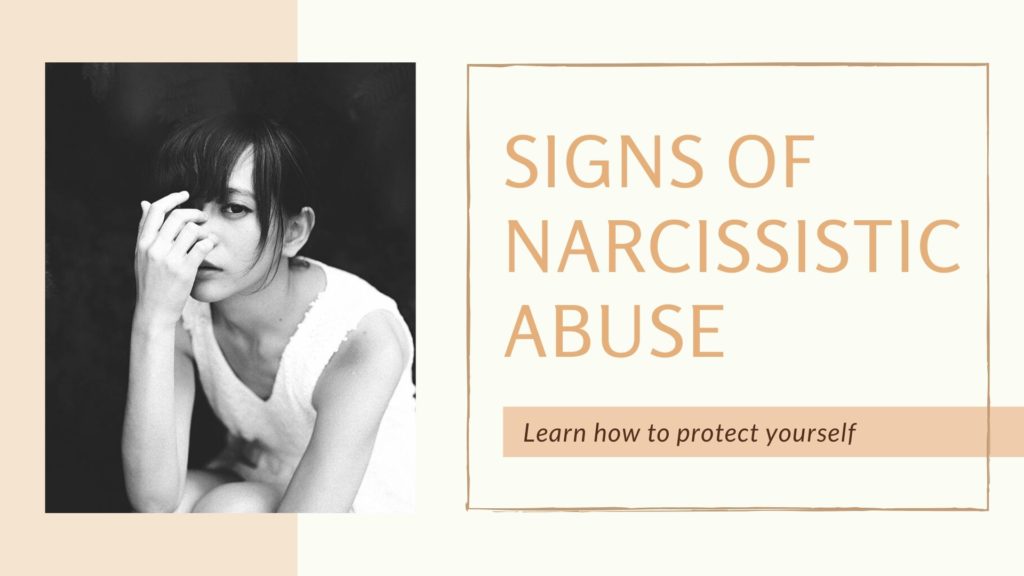
Leaving is the first step; it's staying gone that's the real legwork of healing from a narcissistic relationship. Gone from them in your head, body, and soul.
How to heal from your experience with a narcissist.
Let's use an analogy we all understand. There is a wound, and we cannot merely slap on Band-Aids. We have to go deep and clean it and harness our natural ability to heal and rejuvenate. At the same time, we'll ensure that the surface of the skin strengthens and beautifies. In other words, we work on both the roots and symptoms at the same time.
Here's what you'll need to do:
Advertisement
This ad is displayed using third party content and we do not control its accessibility features.
1. Don't do this alone.
You can pick up books and articles about breaking up with a narcissist, but chances are, you'll be fumbling with the DIY process and losing heart. When it comes to this type of trauma, working with a professional who can help guide you through is extremely important.
2. No or minimal contact.
If you do not have any more entanglements with them, keep it that way. Do not even dream of staying friends. Keep accountable to someone you can contact when you want to communicate with the narcissist. If you have joined responsibilities and assets, engage professionals and intermediaries. This applies even to going to your previously shared property to collect your belongings.
Co-parenting with a narcissist can be more difficult than parenting on your own; they'll use your children as puppets to hurt you further and undo the parenting you do. If you are fighting legal battles with your narcissistic ex, they'll use the court as their new playground for abuse. Remember, they know which buttons to push to discredit you; so do your part by engaging trusted lawyers and therapists who truly understand narcissistic abuse, have your back, and support you to be in an emotionally stable place. It takes a village to reclaim true freedom.
Advertisement
This ad is displayed using third party content and we do not control its accessibility features.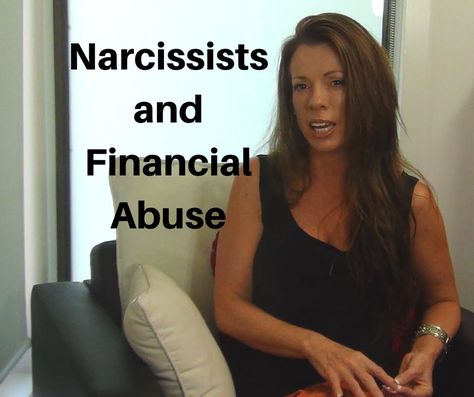
3. Don't bypass the healing process.
One thing that infuriates me is the myth that trauma and mental health problems can at best be managed your entire life. That is not true. Make sure that the professional you engage is trauma-trained and understands the specific struggles you are experiencing and knows all the traps to look out for and the way the human brain can sabotage your healing. For instance, panic attacks are common when you've been with an abuser, so your professional must know how to treat them.
It's not enough to simply talk and bypass the pain intellectually or spiritually; trauma is stored in your body, and you have to actively rewire the fear center and timekeeper in your brain. Nor is it enough to simply "work on the future" or tell yourself mantras you don't believe. You cannot bypass processing what you've gone through. Otherwise your past will haunt you with a vengeance eventually
And remember, your job isn't to forgive your narcissist; it's to forgive yourself.
4. Build strong foundations.
You'll need to have a present and future to look forward to. You'll need to learn to reclaim the things you loved and the parts of you that were wrestled away from you during the relationship. Your goals must sync with creating strong foundations in who you are and across different aspects of your life—such as your body and health, mind, relationships, money, and career. Bad things happen in life, but they don't last forever. When you build strong foundations, you actively grow and practice resilience. You become unshakable and learn to ride the waves of life.
Advertisement
This ad is displayed using third party content and we do not control its accessibility features.
5. Keep practicing boundaries, and know you have permission to have them.
We didn't go to school and learn how to identify dark personality types or what boundaries are, so it's not your fault. What you do with this experience henceforth, however, is your responsibility.
There are likely relationships in your life where your boundaries are eroded or poor, mirroring your relationship with the narcissist. Start by creating a list of your personal boundaries—the Hell No's—in your life. Take boundaries as your litmus test—respectful people who've unwittingly violated your boundaries will be apologetic and not do it again, whereas toxic people won't. Write scripts for what you'll say in certain situations. You'll sound awkward at first. Just as it's painful when you start training your muscles, you'll get stronger and feel so proud of yourself.
6. Don't tell everyone.
You don't have to explain to everyone about what's going on in your life, what you're doing, and why you ended up in a toxic relationship. People will pry, some out of concern, others out of nosiness, and then a few because they want to signal superiority because they never landed in your predicament. Difficult people will force their opinions and prescriptions for your future down your throat.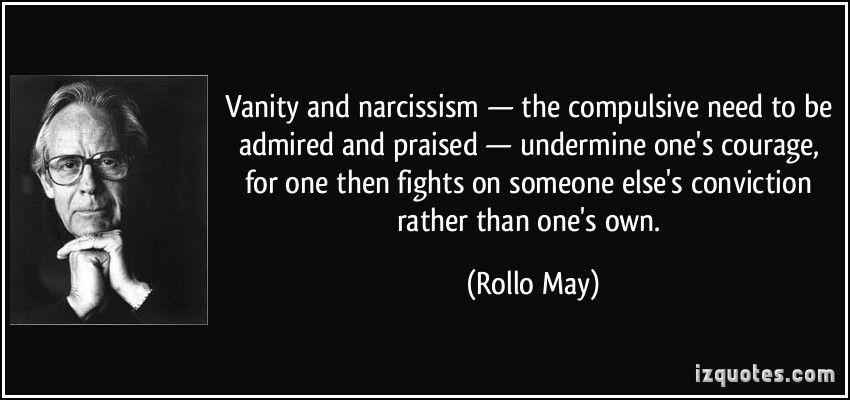 Not everyone is on your side—take this as an opportunity to streamline your relationships.
Not everyone is on your side—take this as an opportunity to streamline your relationships.
For those who have your back who you don't want to talk to about this, you can simply say, "I'm working on this with a trained professional, so let's keep our time to what we can both enjoy."
Advertisement
This ad is displayed using third party content and we do not control its accessibility features.
7. Stop bullying yourself.
You may be physically removed from the narcissist, but they can often live in your head. Abuse trains us to blame ourselves. You may realize that you're angry with yourself for everything—not recognizing the abuse, falling in love, staying too long, or for even leaving. You'll blame yourself for many things you continue to do.
To truly exorcise the narcissist, you have to commit to growing the muscles of forgiving yourself and taking good care of yourself. That means whenever you catch yourself lapsing into self-blame, you notice it without judging yourself and then do something to break that vicious cycle.
8. Make new memories.
Perhaps you've had tons of memories in a place you used to frequent with your ex. And you really enjoy that place. You don't need to taint that solely with the past. Make new memories in activities and places with yourself or people you trust.
This may seem overwhelming at first. In psychology, we call this a behavioral experiment—we practice experiencing that our nervous system can regulate itself, and then we know we can prevail. And then these things you once held dear to you start becoming a part of your life again.
9. Make empathy your superpower.
Many clients I work with despise their empathy because they believe it got them into trouble. That's not necessarily true. Empathy may be your Achilles heel because you aren't selective of who you give that precious resource to; it's also part of your identity, and you don't want to be cynical and jaded. You can practice discerningly diverting this empathy to yourself and those who deserve it. This way, it works for you rather than against you.
This way, it works for you rather than against you.
10. Know that we believe you.
The intricacies of an abusive relationship are such that it's hard for someone who's never been in one to truly understand. There'll be a lot of doubt cast on you, making you wonder if you are truly silly for having fallen for one. You'll also doubt yourself if your narcissist was "that bad," or if you're being dramatic, because gaslighting erodes your sense of reality. Moreover, no relationship is 100% bad. There were good times, whether or not the narcissist's intentions were real.
You don't need everyone to believe you. Know that I believe you. There's a whole bunch of us out there who believe you.
The bottom line.
Truly healing from a narcissist takes effort, as with anything. But the steps you can slowly gain proficiency in are fundamentally simple. What you have to watch out for is how we'll always talk ourselves out of it.
Ask yourself: How do you want to see your future self—do you want to respect this person, or would you like to see them calcified into a worse version of what they are today? And then ask yourself: What legacy would you like to leave behind? By healing, you inspire the people around you, your future generations, and other survivors of narcissistic abuse to believe that they have a future.
We can choose to whitewash our past by pretending it doesn't exist, but secrets make us sick. Instead, I choose to live by this—I want my past to pay dividends, and I want my demons to work for me.
Writing from the other side, it is my deepest prayer for you that you'll get there too.
5 Stages of Healing & Recovery After Narcissistic Abuse
There might be affiliate links on this page, which means we get a small commission of anything you buy. As an Amazon Associate we earn from qualifying purchases. Please do your own research before making any online purchase.
From gaslighting and shaming to rationalization and emotional blackmail, narcissists have an entire arsenal of strategies to manipulate, assert dominance, and achieve their personal goals.
What’s left in their wake is suffering, abuse and emotional trauma, especially if the people close to them (personally and professionally) are caring, trusting, and compassionate individuals.
As a mental health professional, I can honestly say that even after 6+ years of working in this field, I still find it quite challenging to work with narcissistic personalities.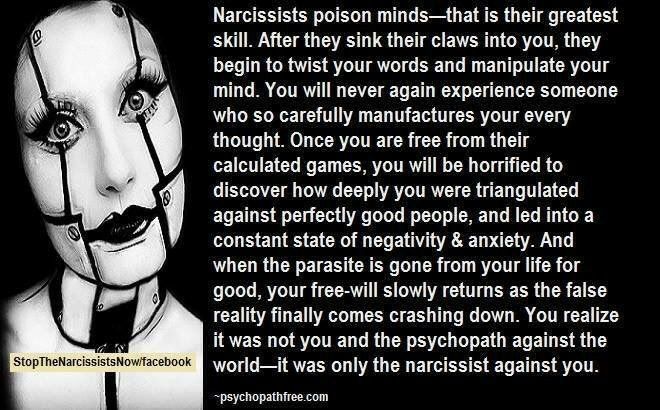
Over time, I’ve learned to set clear and strict boundaries, identify their subtle attempts to intimidate me, and “disarm” them without being harsh, offensive, or dismissive.
Allow me to take you through all the stages of healing after narcissistic abuse.
What You Will Learn
- What is Narcissistic Abuse?
- Narcissistic Abuse Happens Gradually
- 1. The Idealization Stage
- 2. The Devaluation Stage
- 3. The End
- 7 Telltale Signs of Narcissistic Abuse
- 1. Pathological lying
- 2. Negative comparisons
- 3. Financial abuse
- 4. False promises
- 5. Objectification
- 6. Gaslighting
- 7. Isolation
- The 5 Stages of Healing After Narcissistic Abuse
- Stage 1: Cut Them Out of Your Life Completely
- Stage 2: Process Your Pain
- Stage 3: Consolidate Your Self-esteem
- Stage 4: Reconnect with Your Loved Ones
- Stage 5: Learn How to Set Healthy Boundaries
- Final Thoughts on Healing After Narcissistic Abuse
What is Narcissistic Abuse?
Before we talk about narcissistic abuse, I think it’s important to note that not all abusers are narcissistic. In addition, a person may have narcissistic tendencies without meeting the diagnostic criteria for narcissistic personality disorder.
In addition, a person may have narcissistic tendencies without meeting the diagnostic criteria for narcissistic personality disorder.
Furthermore, even though narcissistic abuse typically occurs in romantic relationships, friends, coworkers, and family members could also fall victim to a narcissist’s manipulation tactics.
The term “narcissistic abuse” refers to a consistent pattern of emotional manipulation, pathological lying, and other strategies that one can inflict upon their partner to damage their self-esteem and self-worth.
Narcissists are experts when it comes to ‘juggling’ emotions or using language in a way that alters someone’s behaviour and attitude.
Furthermore, as one author puts it, they have the sole focus of meeting their own needs with little to no regard for the feelings and needs of others. [1]
In time, the victims of narcissistic abusers begin to doubt their value and even their sanity.
And the worst part is that the abuse unfolds subtly, making it difficult for victims to notice the emotional and behavioural changes they’ve gone through ever since they fell in love with their narcissistic partner.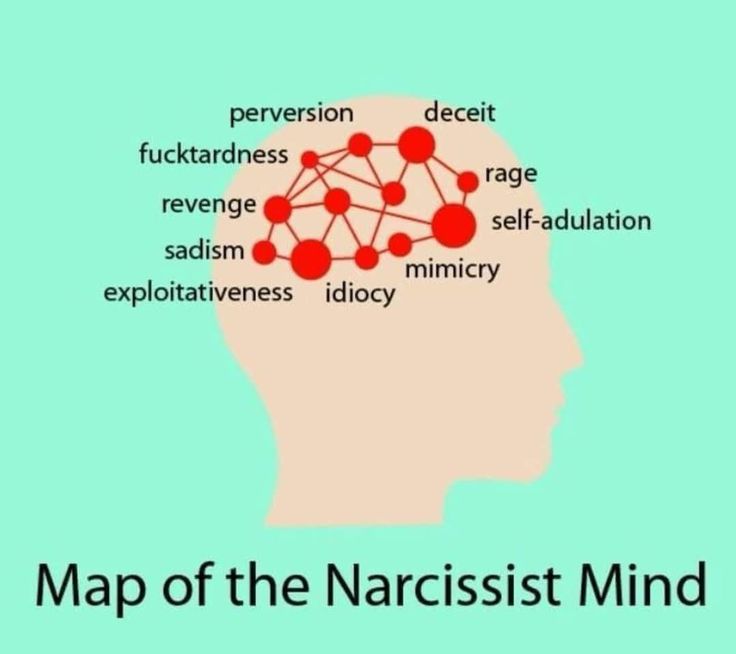
One study revealed that it was even harder for victims of narcissistic abuse to receive help during the pandemic, as enforced quarantine made it easier for abusers to exercise coercive control. [2]
Living in an emotionally abusive relationship is something no one should endure. Unfortunately, narcissistic abusers are difficult to identify, especially when the first few dates seem immaculate and enchanting.
But life with a narcissistic partner can lead to many psychological problems and can have a profoundly negative impact on your overall sense of well-being.
Healing after narcissistic abuse can be pretty draining, given that such relationships can leave you struggling with self-esteem issues and even PTSD.
Narcissistic Abuse Happens Gradually
As I said earlier, narcissistic abuse happens gradually.
To better understand how this process unfolds, allow me to detail the main stages of a relationship with a narcissist.
1. The Idealization Stage
During the first stage, a narcissist will try to gain your trust and affection through grandiose gestures and big promises.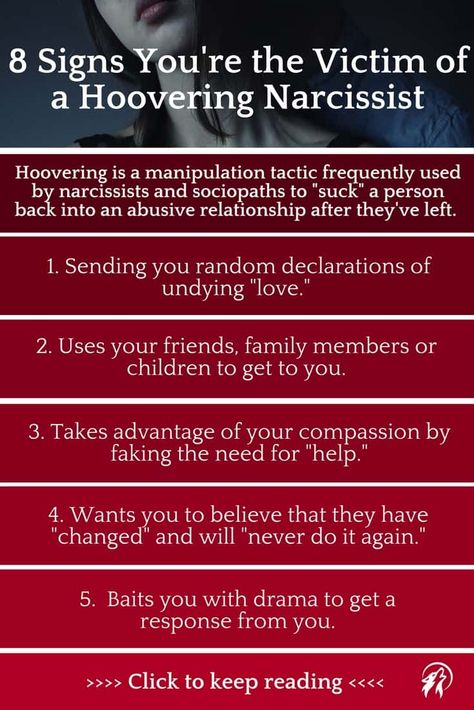
The purpose is to set the foundation for a strong bond that will keep you close to them.
The connection is based on an avalanche of positive experiences designed to blind you from what is happening.
Often, narcissistic abusers will present themselves as victims, painting a false image about their past relationships.
For example, he might ‘bomb’ you with a tear-jerking story about how his ex-girlfriend broke his heart and left him suffering.
In short, narcissists will try to make themselves irresistible by any means.
2. The Devaluation Stage
Once the foundation is in place and you’ve gained enough confidence, a narcissistic abuser will gradually try to destroy your self-confidence.
In addition, they will constantly make you doubt your identity to gain more control over your life.
The term “narcissistic abuse” refers to a consistent pattern of emotional manipulation, pathological lying, and other strategies that one can inflict upon their partner to damage their self-esteem and self-worth.
One of the most common tactics that narcissistic abusers employ is criticism. In other words, the envy they have towards your qualities, skills, or success will fuel a barrage of overt or covert critical remarks designed to drag you down.
Studies suggest that narcissists will most likely react aggressively or violently when faced with rejection or confronted with their ‘toxic’ attitudes towards others. [3]
3. The End
The further the relationship progresses, the more brutal the abuse.
This is when the abuser will use gaslighting, denying your reality and imposing their own (false) version of reality.
Such tactics are designed to make you doubt your perceptions, thoughts, and emotions, throwing you into a spiral of self-doubt.
When the relationship begins to crumble, a narcissistic abuser will often look for someone else. Then, sooner or later, you will be dumped without any explanation or warning.
In some cases, your narcissistic ex will carry out defamation campaigns and make unfounded allegations against you to clean their image.
Now that you know how the relationship unfolds, you can probably imagine why healing after narcissistic abuse can be a long and emotionally tiring process.
1. Pathological lying
One defining characteristic of narcissistic abusers is the tendency to lie compulsively, often contradicting themselves and taking zero responsibility for their actions.
They will often try to convince you that you’re crazy or make you doubt your memory. Any attempt to defend your version of the story will be met with an aggressive and dismissive attitude.
Therefore, it’s essential to have confidence in your memory and the ability to see through their web of lies.
2. Negative comparisons
Narcissistic abusers will often compare you with others (or even themselves) to highlight your failures, flaws, and shortcomings.
This tactic destroys your self-esteem and cultivates self-defeating beliefs that damage your identity.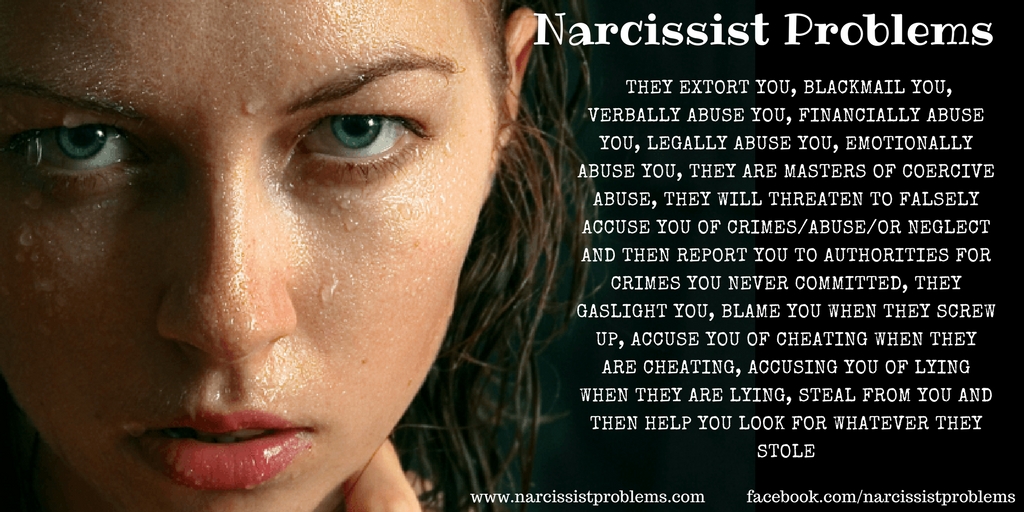
As a result, they gain power in the relationship.
3. Financial abuse
One less discussed tactic that narcissistic abusers employ is financial abuse.
In other words, they will try to control you financially through theft, blackmail, manipulation, or by accumulating debt under your name.
4. False promises
Sometimes, when a narcissistic abuser feels threatened, he will give you something he knows you want.
For instance, they may agree to take the next step in the relationship – like moving in together or getting married – or go to couples counselling.
For a moment, they may do all the things they promised, but once they achieve the goal of keeping you in the relationship, they will quickly forget the promises they made.
5. Objectification
The main goal of narcissistic abusers is to meet their needs, regardless of the costs or suffering they inflict upon others.
Whether the goal of a narcissistic partner is to satisfy a sexual, emotional, or financial need, the victim is only a means to an end.
6. Gaslighting
Gaslighting is probably the most well-known and discussed strategy employed by narcissists.
If you haven’t left the relationship yet, my advice is to reconnect (and stay in touch) with your friends and family.In essence, gaslighting is a form of psychological abuse in which the perpetrator denies the victim’s thoughts, needs, opinions, and emotions.
Narcissistic abusers will try to impose their version of reality in a desperate attempt to make you question your perception and sanity.
7. Isolation
Narcissistic abusers will often drive a wedge between you and your loved ones to make you even more vulnerable to their deceptive and manipulative strategies.
Using lies, threats, and gossip, narcissists will cut you off from any person or support system that might expose their true intentions.
The 5 Stages of Healing After Narcissistic Abuse
Stage 1: Cut Them Out of Your Life Completely
In general, narcissists have no problem ending a relationship, as long as it happens on their terms.
But if you are the one who decides to break up, then be prepared for a dramatic end.
When faced with rejection, narcissists experience emotional pain just like everyone else. What differs is how they react to the emotional discomfort associated with rejection.
In other words, they will do everything in their power to keep you from leaving. For instance, they might resort to false promises, gaslighting, or even threats to intimidate or convince you to change your mind.
The decision to leave or stay is 100% yours.
If you decide to give them another chance, set clear and firm boundaries.
Otherwise, you risk repeating the same toxic pattern where they control you through various manipulation and intimidation tactics that destroy your self-esteem.
If you choose to end the relationship, my advice is to completely cut them out of your life.
I know it seems harsh, and I can understand why it’s a tough decision, given that you may still love them.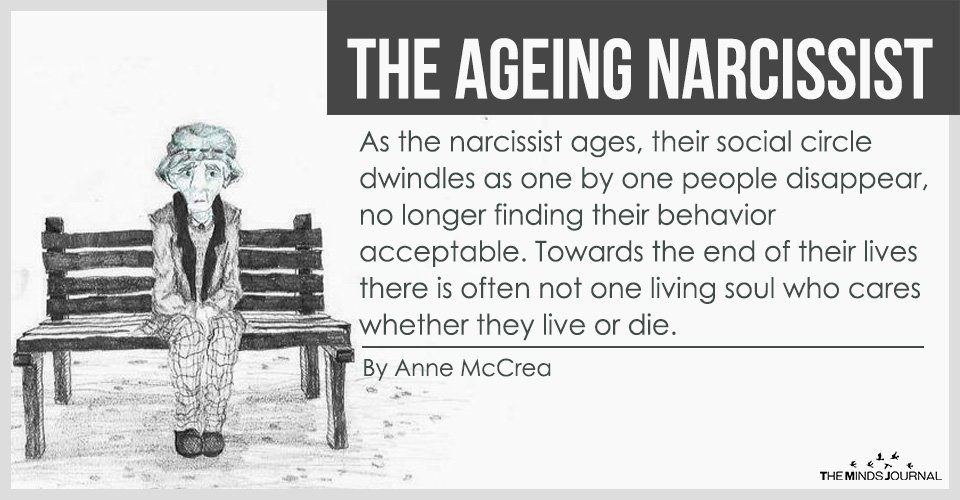
A breakup puts you in a vulnerable spot, regardless of who chose to end the relationship.
That’s why ‘leaving a door open’ after breaking up can leave you exposed to your narcissistic ex’s attempts to hook you back in.
Stage 2: Process Your Pain
Healing after narcissistic abuse begins when you choose to process your emotional pain in healthy ways.
But that’s often easier said than done.
When dealing with a breakup, we often resort to unhealthy coping strategies simply because they’re cheap and accessible.
We live in a world where emotional comfort is often one click away.
From video games and online shopping to ordering food straight to your couch and mindless scrolling through dating apps, the environment rarely gives us the chance to face uncomfortable emotions like frustration, sadness, or regret.
By not feeling our feelings and resorting to unhealthy self-soothing behaviours, we’re burying painful experiences instead of integrating them.
When it comes to processing emotional pain, my advice is to:
- Cultivate self-reflection – think about all those times when you might have let yourself be manipulated. Is there anything you could have done differently? Were there any red flags that you missed or chose to ignore?
- Practice meditation and mindfulness – various meditation techniques can help you process painful experiences. From simple breathing exercises to mindfulness techniques, such practices can help you cope with the unpleasant emotions associated with breakups.
- Start journaling – putting your feelings into words can have a surprisingly therapeutic effect. Writing allows you to process your emotions, keep track of your progress, and cultivate introspection. It doesn’t matter how you journal, as long as you set a clear intention and turn writing into a habit.
Long story short, processing your pain is one of the first and most important stages of healing after narcissistic abuse.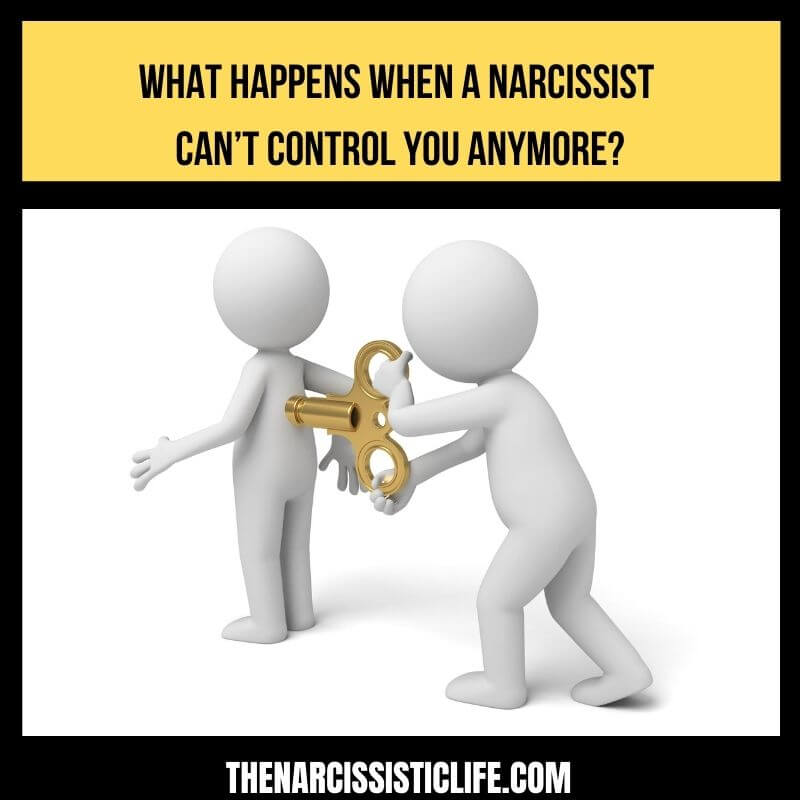
Stage 3: Consolidate Your Self-esteem
Given that narcissists exercise control through manipulation and intimidation tactics, it’s no surprise your self-esteem is in shambles after coming out of an emotionally abusive relationship.
But before we get to specific actions that you can take to consolidate your self-esteem, allow me to lay a foundation for this ongoing process.
To build self-esteem, it’s essential to focus on both mind and body. In other words, if you want to feel good mentally, you need to feel good physically as well.
People who feel stressed, depressed, or heartbroken often neglect their physical well-being. They don’t eat properly, exercise, and get enough sleep.
Most of them either hope for a quick fix or wait for the emotional pain to go away so that they’ll have ‘the right mood’ to invest in healthier habits.
Unfortunately, you can’t ignore your body and hope to feel better.
In short, if you want to consolidate your self-esteem, focus on how you eat, sleep, and exercise, before anything else.
Once you get your body in a healthier shape, here are some tips on how to boost your self-esteem:
- Overcome your limits and fears – they say courage is not the absence of fear but rather the assessment that something else is more important than fear. So, if you’re afraid of flying, public speaking, or sharing your opinion about something, now’s the perfect time to step out of your comfort zone. Overcoming fear or self-imposed limits boosts your self-confidence and consolidates your self-esteem.
- Take up a hobby – look for activities that bring you joy and fulfilment. If you’ve ever dreamed of writing poetry, playing an instrument, or riding a horse, now’s the time to do it. The sense of achievement and satisfaction you gain from practising a hobby is guaranteed to boost your self-esteem.
- Reinvent yourself – refresh your wardrobe, get a new haircut, and invest in quality skin care products. Anything that cultivates a fresh vibe will automatically contribute to your self-esteem.
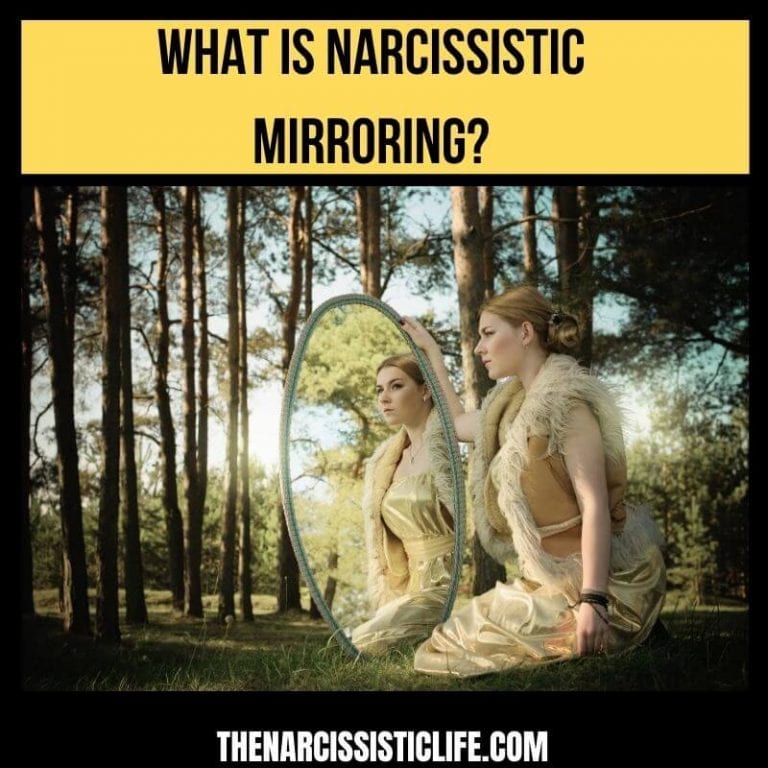
Remember that self-esteem isn’t something you’re born with; it’s something you build over time and with consistent effort.
Stage 4: Reconnect with Your Loved Ones
A narcissistic partner keeps you tangled in their mind games by driving you apart from loved ones.
The more isolated you are from friends and family, the more you rely on their approval and validation.
This dynamic can make it extra challenging to leave a toxic relationship. In other words, even if you know the dynamic is entirely wrong, you refuse to end the relationship because you’re afraid you’ll be completely alone.
To build self-esteem, it’s essential to focus on both mind and body. In other words, if you want to feel good mentally, you need to feel good physically as well.If you haven’t left the relationship yet, my advice is to reconnect (and stay in touch) with your friends and family.
They are the ones who can shed new light on the toxic dynamics of your relationship when you’re too blinded by guilt and self-doubt.
They are also the ones who can provide support when you choose to end the relationship.
Remember, your life partner doesn’t have to be your “everything.”
A strong support network of friends, family members, and even coworkers can help you recover after narcissistic abuse.
Stage 5: Learn How to Set Healthy Boundaries
One thing I learned about narcissists during my training as a psychotherapist is that they often tend to ignore or overstep your boundaries.
In other words, dealing with a narcissistic partner, friend or coworker means you have to build and preserve solid boundaries.
It’s the only way to protect yourself from their manipulation and intimidation tactics.
But setting clear boundaries isn’t always easy, especially when the other person is someone you love and care deeply about.
Before I share a few tips on how to set healthy boundaries, there’s one thing I want you to remember about this whole process.
You’re not setting boundaries to keep someone else away.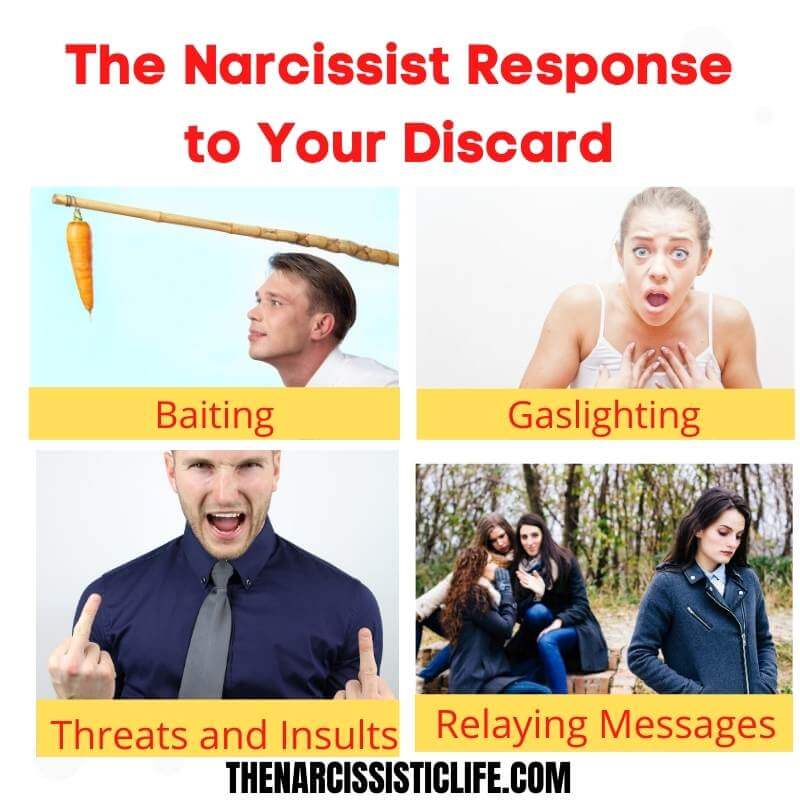 You’re learning to set them because you respect yourself enough not to let ANYONE (not just your narcissistic partner) step on your needs, desires, and aspirations.
You’re learning to set them because you respect yourself enough not to let ANYONE (not just your narcissistic partner) step on your needs, desires, and aspirations.
With this idea in mind, I invite you to:
- Prioritize your well-being – before you set healthy boundaries, you need to prioritise yourself. Once you know exactly what’s good for you and which needs you should prioritize, the drive to set clear boundaries will flow almost naturally.
- Be assertive – know your values, desires, needs, and aspirations and honour them by not compromising them just to keep someone else happy. Assertiveness is the ability to express yourself confidently; to speak your mind in a respectful and non-aggressive way, but without justifying yourself.
- Communicate your limits clearly – in an ideal world, people would be mindful of how their attitude may impact others. But unfortunately, since you don’t live in a perfect world, people will constantly, often unintentionally, overstep your boundaries.
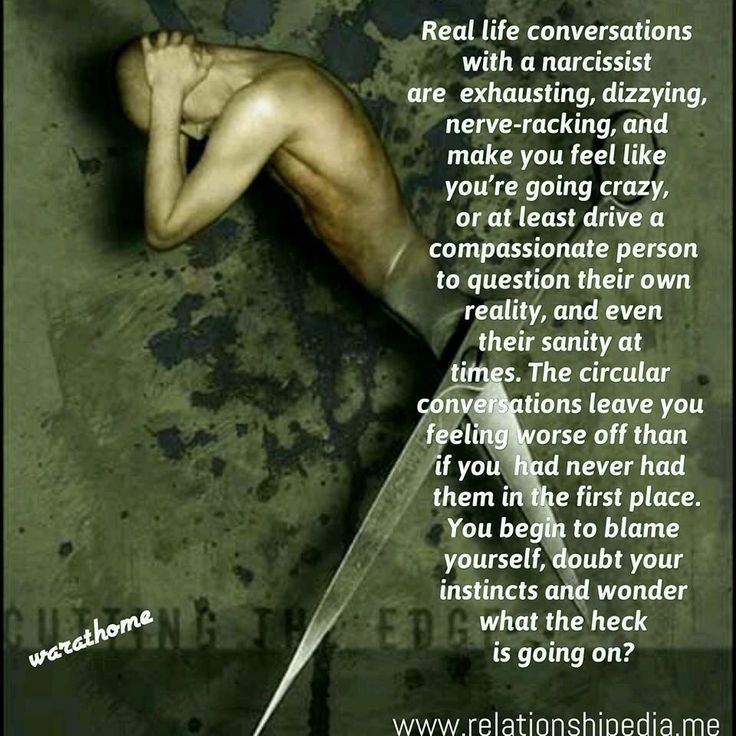 In short, it’s your responsibility to set clear boundaries and signal when someone has violated them.
In short, it’s your responsibility to set clear boundaries and signal when someone has violated them.
Final Thoughts on Healing After Narcissistic Abuse
People who display narcissistic tendencies aren’t inherently evil.
Let’s not forget that narcissistic personality is partially the result of genetic factors [4], which result in narcissistic traits combined with certain environmental factors.
Simply put, some people develop narcissistic traits because these traits help them adapt to their environment. This is why experts differentiate between “adaptive” and “maladaptive” narcissism. [5]
However, the fact that we have an explanation for how narcissistic traits develop doesn’t excuse the abuse that narcissists can inflict upon their friends, family members, life partners, or coworkers.
To wrap everything up, the main stages of healing after narcissistic abuse are:
- Cut them out of your life completely.
 Implement the no-contact rule.
Implement the no-contact rule. - Process your pain through healthy strategies like self-reflection, journaling, or meditation.
- Focus on rebuilding and consolidating your self-esteem.
- Rebuild your support network by reconnecting with your loved ones.
- Learn how to set healthy boundaries.
Recovery after abuse or trauma is a long-term process in which patience and emotional work will lead you to happiness and well-being.
References:
| [1] | L. Levin, “Understanding narcissistic abuse,” Mental Health Matters, vol. 8, no. 3, 2021. |
| [2] | E. McMullan, “Being Trapped in Relational Systems of Narcissistic Abuse During Lockdown,” After Lockdown, Opening Up, pp. 173-192, 2022. |
| [3] | A. Green and K. Charles, “Voicing the Victims of Narcissistic Partners: A Qualitative Analysis of Responses to Narcissistic Injury and Self-Esteem Regulation,” Sage Open, 2019.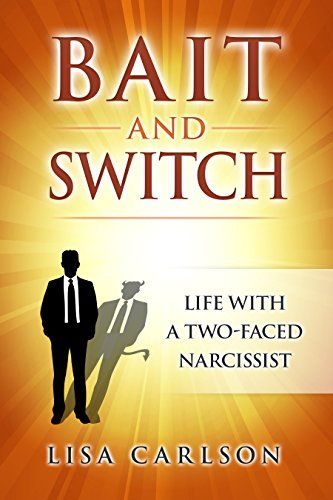 |
| [4] | H. Cai and Y. L. L. Luo, “Distinguishing Between Adaptive and Maladaptive Narcissism,” in Handbook of Trait Narcissism, Springer, 2018, pp. 97-104. |
| [5] | Y. L. L. Luo and H. Cai, “The Etiology of Narcissism: A Review of Behavioral Genetic Studies,” in Handbook of Trait Narcissism, Springer, 2018, pp. 149-156. |
Alexander Draghici is a licensed Clinical Psychologist, CBT practitioner, and content writer for various mental health websites. His work focuses mainly on strategies designed to help people manage and prevent two of the most common emotional problems – anxiety and depression.
Life after a narcissist - Perverse narcissists, psychopaths — LiveJournal
In this post, reader Tanya talks about how she recovered from her two narcissists - "sex educator Oleg Vladimirovich" and "expert on human souls Andrey."
“At the time of parting with Andrey — and that was three years ago — I felt that my life was completely destroyed.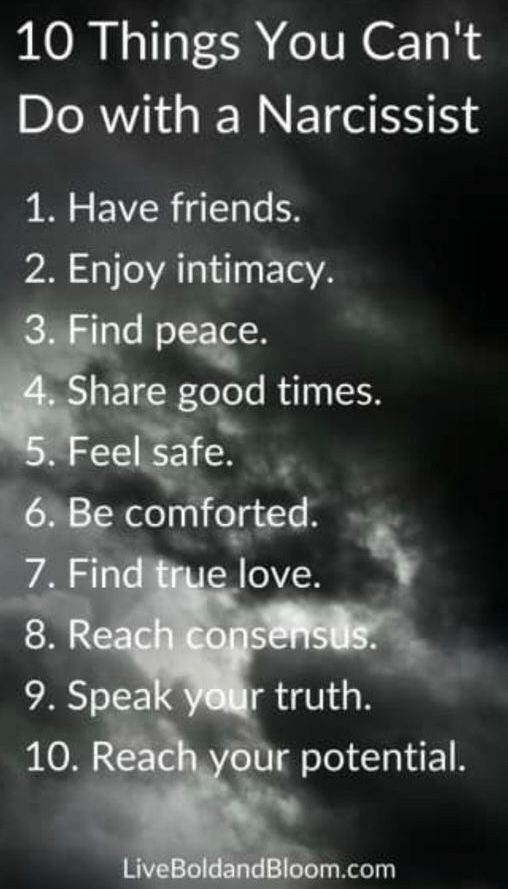 I was left without love, without a job, without a home and without a livelihood. Oh yes, and without meaning in life. A nuclear war has just taken place inside of me and there is nothing left alive .
I was left without love, without a job, without a home and without a livelihood. Oh yes, and without meaning in life. A nuclear war has just taken place inside of me and there is nothing left alive .
I was constantly turning in my head the thought that my friend had infected me with like a virus: “He has you.” I had a feeling of complete hopelessness, I understood that everything was over , that I could no longer be with him, but I was afraid to think about the future without him. So much he was able to convince me that life without him is not life, but a miserable existence, that I am nobody without him, I owe everything that I can and can do only to him. In addition, the last time of our communication, he slowly introduced to me the idea that I myself am destroying my life, but he does not allow me to do this, and if he does not exist, then of course I will succeed in this destruction. I felt cornered: you can't go back, you can't go forward, it's deadly, and if you stay still, you can die.
For several days I lay in bed, staring at the ceiling and crying. I didn't want to do anything, not eat, not read, not talk, I just wanted to be gone with all my pain. I had endless mental dialogues with Andrey , sometimes trying to convince him of something, sometimes asking what I should do next.
At this point, I started talking to a girl who was a heroin addict in the past, but went through a rehab program and didn't shoot. So for the first time she told me about dependence on relationships, codependence and defined my condition as “withdrawal”. She told me that the first step to recovery is to admit your illness .
From that moment on , I began to treat myself as a person who is ill with a serious but curable disease. I promised to treat myself as carefully as possible until I am cured of this, not to demand too much from myself, not to scold or blame myself either for today's conditions, or for the fact that I allowed myself to be brought to such a state.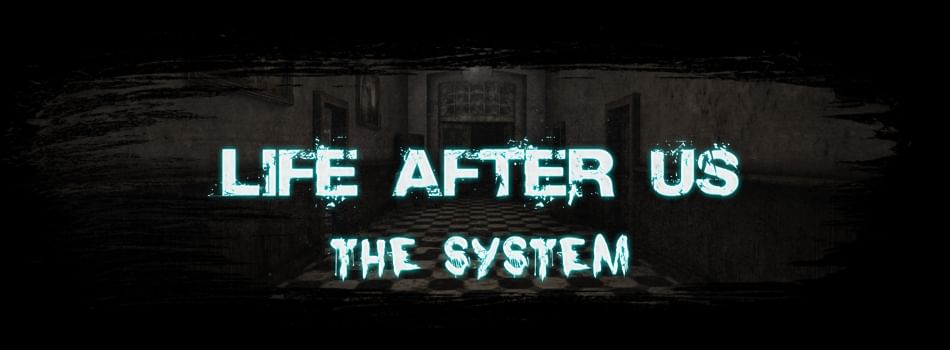
The second thing I did - I started looking for a support group for myself . I began to tell my story (of course, in a very truncated version) to many people and seek support. There were people who talked about 50/50 responsibility, and that I should look for the causes of the problem in myself - I didn’t argue with such people , I just turned off the conversation and didn’t return to it anymore. As a result, I formed myself such a support group.
Especially Katya, one of our firm's clients, helped me: she immediately said that it was psychological abuse. She had her own experience of living with such a person, so she knew what she was talking about. She helped me get rid of my feelings of guilt, constantly repeating: it's not your fault, he's the monster.
Lena, my old friend, had no experience of such relationships, so she did not fully understand what I had gone through and what was happening to me now. Nevertheless, she supported me both morally and physically as an older sister , constantly offering assistance in various matters related to moving, with courts, etc. She helped me understand that I have the right to fight and that I have someone to rely on.
She helped me understand that I have the right to fight and that I have someone to rely on.
There were many people who tried to slip me Valyaev and Torsunov, to talk about my femininity. I read and there were even moments when I began to believe. I even went to one such training. But then I remembered very vividly that the softer and more pliable I became, the more painful Andrey made me. So, it was not about the notorious "femininity" .
At that moment I was reading and writing a lot about gender relations, love, family, trying to find my own attitude to this issue instead of the one that Andrei imposed on me - about my original sinfulness and wrongness only because I was born a woman. Reading, writing articles and discussing these issues with friends has had a very good therapeutic effect. Not a discussion of what kind of a goat Andrei is, namely the search for how it should be in general and how I personally want.
There were people who convinced me that I should understand and forgive , advised many different practices. I practiced Radical Forgiveness and Ho'oponopono very diligently at one time. These excellent practices, which helped me a lot to forgive my parents, did not work at all for Andrey. I tried for a long time and honestly, until one day an insight came to me - I shouldn't forgive him if I don't want to . I have the right to hate him. And when I allowed myself to do this, something came out of me that is terrible to remember. I mentally invented all kinds of torture for him and mentally tortured him, I began to have dreams in which I killed him in all sorts of ways. I thought of a million ways to get back at him. I spent hours talking to his photo, talking about how much I hate him. At first it was very strong, I just choked with anger and hatred, then gradually over the course of a month it became weaker and completely disappeared. Now every few months there are short bursts of anger against him, but they are not comparable in strength to that first one. Accepting your anger and allowing it to be is also part of therapy.
I practiced Radical Forgiveness and Ho'oponopono very diligently at one time. These excellent practices, which helped me a lot to forgive my parents, did not work at all for Andrey. I tried for a long time and honestly, until one day an insight came to me - I shouldn't forgive him if I don't want to . I have the right to hate him. And when I allowed myself to do this, something came out of me that is terrible to remember. I mentally invented all kinds of torture for him and mentally tortured him, I began to have dreams in which I killed him in all sorts of ways. I thought of a million ways to get back at him. I spent hours talking to his photo, talking about how much I hate him. At first it was very strong, I just choked with anger and hatred, then gradually over the course of a month it became weaker and completely disappeared. Now every few months there are short bursts of anger against him, but they are not comparable in strength to that first one. Accepting your anger and allowing it to be is also part of therapy. I don’t try to forgive him anymore, I don’t want to, maybe someday I will come to this, but not now.
I don’t try to forgive him anymore, I don’t want to, maybe someday I will come to this, but not now.
There were people who told me to forget, not to whine, not to fight, to “be above it” , etc. I sent such people into the forest, and if they were persistent, I sent them rudely. I am glad that I ended my relationship with Andrey in this way, even though I lost, but I got the experience of feeling and realizing the state “I won’t let myself be offended”, “I won’t allow myself to be treated like that” and the experience of fighting evil.
There were periods when I was visited by uncertainty, fear that I had ruined everything, that I had lost the dearest person through my own fault. At such moments, I began to twist in my head all the possible scenarios for the further development of events, if I had not done what I had done. I didn't try to choose a script consciously, but let what was in my subconscious come out, while remaining just an observer myself. Sometimes it was “and they lived happily ever after” scenarios, sometimes the complete opposite, where he completely destroyed me. Often I mentally talked to him, sometimes he apologized and said that he loved, and sometimes he spoke directly about his hatred. By the way, in one of these mental dialogues, he told me that he just likes to enjoy power, that he wanted to make me his property in order to fill the inner void. Later, reading about narcissists, I realized that at that moment I intuitively felt his narcissistic essence, although I did not yet know about narcissism.
Often I mentally talked to him, sometimes he apologized and said that he loved, and sometimes he spoke directly about his hatred. By the way, in one of these mental dialogues, he told me that he just likes to enjoy power, that he wanted to make me his property in order to fill the inner void. Later, reading about narcissists, I realized that at that moment I intuitively felt his narcissistic essence, although I did not yet know about narcissism.
In general I tried not to suppress any thoughts or emotions that I had. Everything that came, I passed through myself according to the following algorithm: accept - live - strengthen - release . If, for example, I was visited by the desire to suffer because of the loss of a loved one, I would say to myself: “Well, ok, let's suffer” and immerse myself completely in this feeling, then intensify it to the maximum, and then let it go out of me. It always took varying amounts of time, and I let it be for as long as it took. The less you suppress, the faster it goes.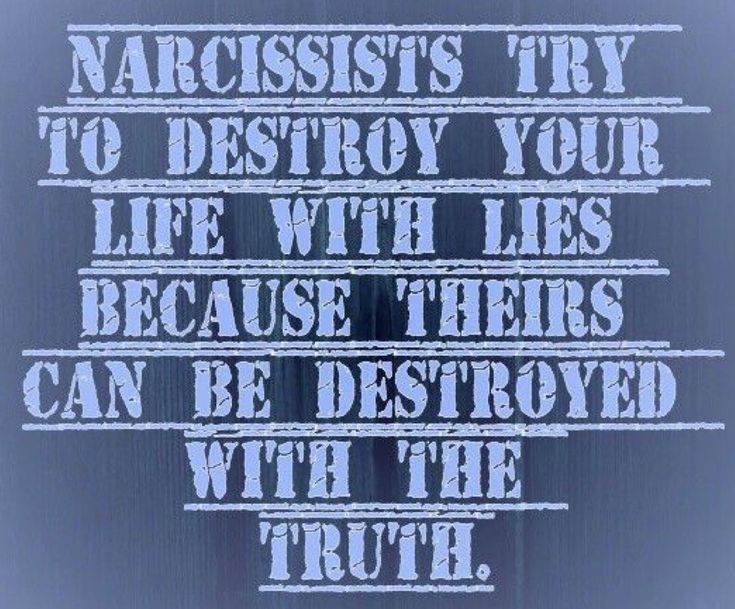 The principle here is the same as with physical pain - the more a person is tense and afraid of pain, the more painful it is for him. And 9 more0005 it is important at this moment not to be afraid that "I seem to have already let go of everything, but it comes back again." Let it come back as much as needed.
The principle here is the same as with physical pain - the more a person is tense and afraid of pain, the more painful it is for him. And 9 more0005 it is important at this moment not to be afraid that "I seem to have already let go of everything, but it comes back again." Let it come back as much as needed.
The next stage is the cleansing of everything alien in me. It started about six months after the breakup, when I decided that I was already ready for a new relationship and registered on a dating site. And as soon as I started talking with the guys, Andrey's voice turned on in my head. What I then experienced is very similar to what Stephen King described in the book Rose Madder. I thought: "Here's an interesting guy" and then Andrei's voice: "He must be all in trouble." Or: “Here’s a guy who is sincerely interested in me” - and Andrey’s voice: “Yes, he just wants to fuck you, what else can interest him in you.”
After I went on a date and throughout the whole date I struggled with the feeling that we were having a date with the three of us - me, the guy and Andrey - I decided that for the time being I should wait with new acquaintances.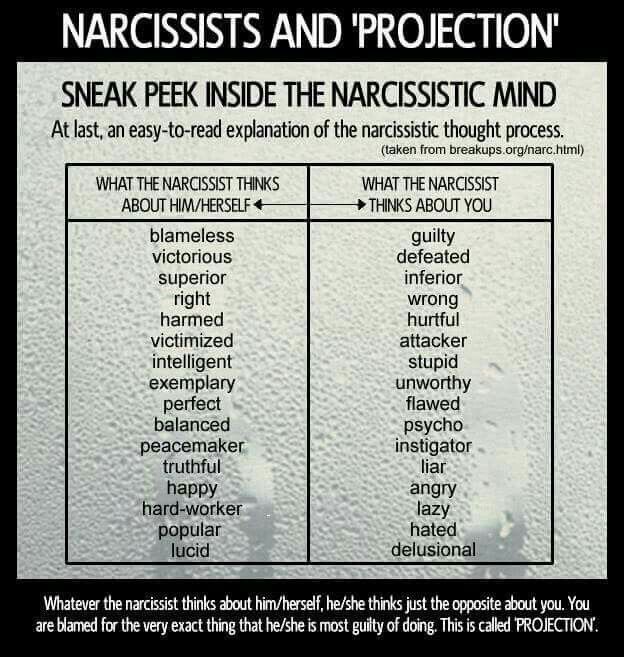 From that day , I began to search and clear out of my head all the thoughts and attitudes introduced there by Andrey . I took a pen and wrote long lists of attitudes in all areas of life: attitude towards myself, love, friendship, people, business, money, etc. etc. Then I worked through each installation through BSFF and burned the list. After each such study, there was a feeling that I freed up space inside myself, cleaned it of old, unnecessary, rotting and bad-smelling trash .
From that day , I began to search and clear out of my head all the thoughts and attitudes introduced there by Andrey . I took a pen and wrote long lists of attitudes in all areas of life: attitude towards myself, love, friendship, people, business, money, etc. etc. Then I worked through each installation through BSFF and burned the list. After each such study, there was a feeling that I freed up space inside myself, cleaned it of old, unnecessary, rotting and bad-smelling trash .
At some point, I clearly understood that I was looking at the world through his eyes. It was as if I had become his avatar, lost my own essence. And I began to learn to see differently, I began to look for confirmation that the world is not such a gloomy place, full of dangers and evil trolls, as Andrei painted it. At that moment I was in another city, I wandered around the city all day and watched people. I was looking for sincere, kind and smiling people, loving couples, loving parents, cheerful friends.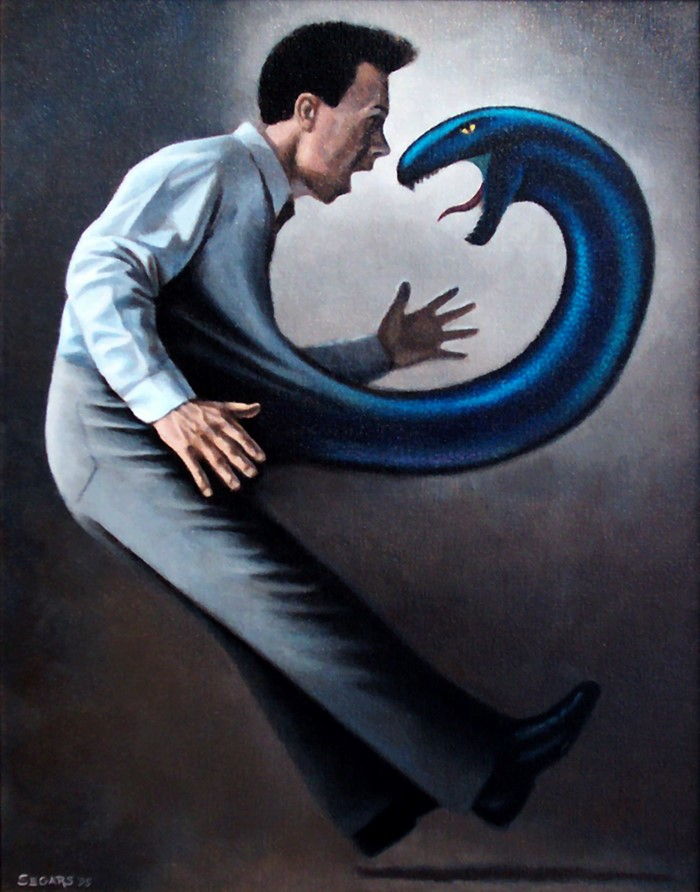 And I was surprised to notice that there are many such people. And for some reason I did not notice this at all for several years ... So I slowly got rid of opposing myself to the rest of the world.
And I was surprised to notice that there are many such people. And for some reason I did not notice this at all for several years ... So I slowly got rid of opposing myself to the rest of the world.
Then I started looking for examples of happy relationships . I looked around, watched how women and men behave with each other. I asked questions to those acquaintances who were in a relationship and looked happy - but how does it feel to be in a happy relationship? What are they? What are you like in them? What do you give and what do you get?
I cleared my brain of toxic ideas about business, cleared out all the harmful attitudes introduced by Andrey, and searched for a new idea about it. I talked to entrepreneurs, I looked for examples of really useful, constructive and successful business models. I began to communicate with my colleagues (competitors) and found that many of them are very interesting and versatile people, good professionals, and not a herd of sheep, as I (at the suggestion of Andrey) thought before. And even if one of my colleagues was not like that, I didn’t look for flaws in him that could amuse my CSV, but I looked for what he was stronger than me, due to which he was successful. I read a lot and looked around. I started doing my own business and started doing it differently .
And even if one of my colleagues was not like that, I didn’t look for flaws in him that could amuse my CSV, but I looked for what he was stronger than me, due to which he was successful. I read a lot and looked around. I started doing my own business and started doing it differently .
I worked through my relationship with my parents, worked with a psychologist and independently studied this issue and again looked for positive examples in life. In part, my child helped me in this. When I realized that I was not a perfect mother, I realized that I made very high demands on my parents. As a result, I was able to forgive and love my parents, and this was also a very important step in the healing process, because I stopped feeling lonely and abandoned by everyone.
For a very long time I could not get rid of the feeling of emptiness, a hole in the place where the soul used to be . Later I found out that it was also due to borderline personality disorder (Tanya considers herself a border guard, but I don’t agree with her :) - T. T.). All border guards suffer from this - someone must fill us with meanings. I began to learn to do it myself, without the help of other people.
T.). All border guards suffer from this - someone must fill us with meanings. I began to learn to do it myself, without the help of other people.
But besides this , I also had the feeling that many victims of narcissists describe - as if he had stolen my soul and all the best that was in me, as if all that was left of me was an empty shell. “If you stole it, then you need to take it back,” I thought. At first I did the practices of returning energy and breaking energy bonds, but to my surprise, they did not work. Rather, I kind of returned the energy and cut off the connection, and after a few days I found that the connection was back in place, and the energy was again flowing to him. What I didn't think. And what bugs me. And that I myself came up with the idea that I can feel the energy, but in fact I can’t do anything, since such garbage. And that he is a devil with overprotection, which I cannot cope with, that no matter how much I fight, he will now eat me for the rest of his life.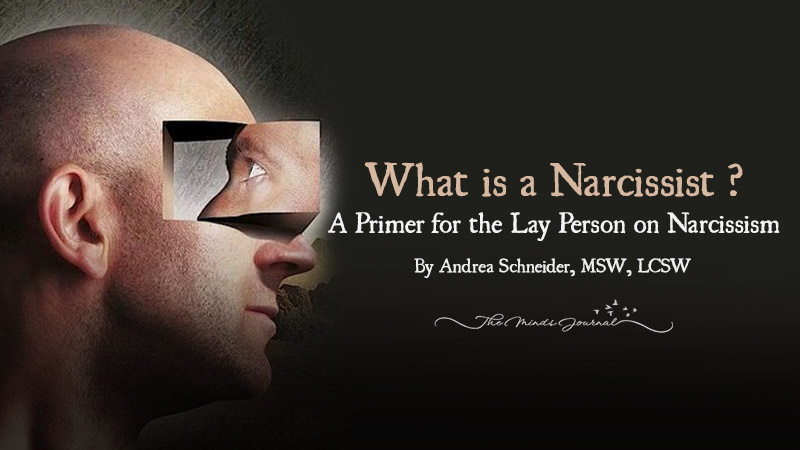 And even that I myself restore these connections, because I'm afraid of losing him. But I continued to practice.
And even that I myself restore these connections, because I'm afraid of losing him. But I continued to practice.
And then one day during practice I saw this picture: I saw myself and him in the forest, I saw two wolves next to me (parts of my essence), he tried to run away, but my wolves caught up with him, tore something out of him and tore it to pieces. pieces. After that he died. Later, when I analyzed what I saw, I realized that on an energetic level, narcissists are actually taking away a part of our soul or essence. I felt it in such a way that he divided my soul in half, half remained with me, and the other half with him. And these two halves were connected like an umbilical cord, through which he fed on my energy. It was useless to break the connection, it immediately grew together and the only way to stop it was to kill that part of the essence that he took for himself . It is because of this that narcissists do not need to try to love and forgive. If a wild beast attacked you and began to eat you, your forgiveness and love will not make him refuse dinner.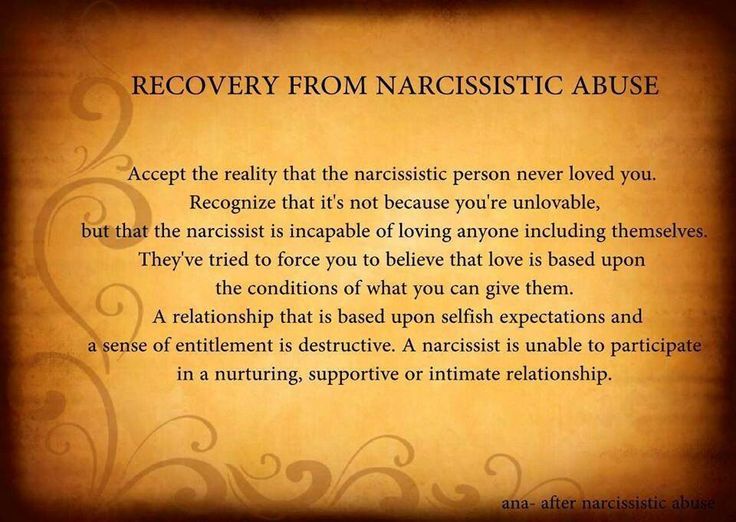 Either you kill the beast, or you die yourself.
Either you kill the beast, or you die yourself.
Every other time I started to feel guilty about what happened, I ran a few affirmations in my mind: “It’s not my fault that I became a victim of a maniac”, “I’m a good person who got into a bad story”, “I won’t allow myself to be treated like that again” , “I promise myself that I will never allow anyone to offend me again ". I began to rebuild my boundaries, completely destroyed by the narcissist. I stopped perceiving as a blessing absolutely everything that people bring me and, if I don’t like it, I began to refuse. For example, she asked me not to tell me who I am because it interferes with my BPD treatment. I began to refuse "free psychotherapy amateur sessions" that some of my acquaintances love so much. From non-professionals - sympathy and support, and psychotherapy - only from a professional.
All the time I was cured of narcissus I had very vivid dreams about him . At first, the following plots prevailed:
-
He is killing me or doing very bad things.

-
He tells me that I am nothing, that I am nothing without him, I agree with this with tears.
-
He rapes me.
In the course of my work and changing my attitude towards him, dreams began to change to the following:
1. I kill or beat him.
2. I beat him in business, I take a lucrative contract.
3. We have sex and I like it, he asks to come back and I agree.
Then I began to dream about him as very pitiful, crushed, small and unhappy. Now I sometimes dream about him as an ordinary person, I don’t feel any special emotions for him.
All this time I have been reading a lot, thinking a lot, writing a lot . Here is the literature that helped me :
-
Robin Norwood "Women Who Love Too Much" is the first book on the topic, after which the eyes began to open. Helped me understand my dependence on relationships and the reasons for this dependence.

-
Lundy Bancroft “Men rapists. Why are they doing this? - I began to realize that it was violence.
-
Marusya Svetlova "Happiness to be a woman" and "Woman from a cage" - I started to create my image of a woman. She writes about femininity very softly, but not at all in the way that Valyaeva (she also read and tried to understand), does not impose standards and rules, but teaches to feel and be in harmony with oneself. Then I read a few more books by Marusya on other topics. They help to be filled with kindness and light, I recommend http://svet-love.ru/knigi_i_izdatelskie_proekty/knigi/
-
Clarissa Estes "Running with the Wolves" - helped me feel strong and begin to get to know my own strength. It helped me a lot to survive the trials with Andrey.
-
Gary Chapman "The 5 Love Languages" and Jorge Bukay "Love with Open Eyes" helped to understand that what was was not love and was not even close.

-
Fiction: "Rose Marena", "Eat, Pray, Love" - about women who left destructive relationships. In line to read - "In bed with the enemy."
-
“Who Stole My Cheese” is a little philosophical fairy tale, I reread it from time to time when I start to regret the losses and return to the past.
-
And the book “Fear, I'm with you” finally helped to sort everything out, put together the puzzle.
Approximately , a year after breaking up with Andrey, I met Sasha, in whom I quickly saw through the daffodil (then I didn’t know what it was called that, but I understood the essence). We met on a dating site, corresponded for a while, and then Sasha invited me on a date. He invited me to a restaurant where he arrived with a bouquet of flowers and a soft toy. He fascinated me right away, it turned out that we had a lot of common interests, and two hours flew by unnoticed. He asked a lot about me, he told me about his business and hobbies, but still two things immediately made me tense :
-
He was divorcing his wife, and when I asked him about it, he began to whine that he loved her so much, loved her so much, and she left him after 15 years of marriage .
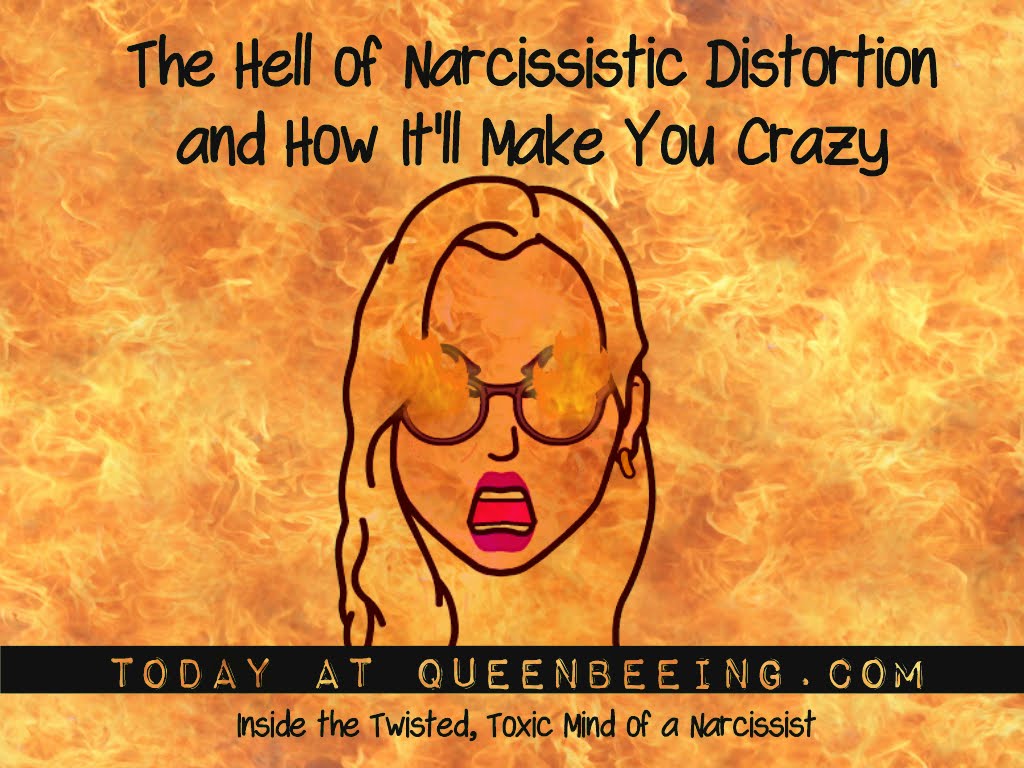
-
He said about business that everything was with varying success, and talked about it rather boringly without a soul, but then began to talk about inventing some device that would change the world .
Sasha looked after me for a month and didn't try to get closer. It absolutely suited me, because at that moment Andrei’s voice turned on in my head from time to time, that “all the peasants need only one thing, because you can’t give anything more.” He called me several times a day and constantly wrote on Skype, the morning began with his message and the evening ended with him. At first I was delighted, I have never received so much attention. Then it began to strain me, because he simply did not let me work, showering me with messages. If I didn’t answer right away, then he sent a few more messages: “Well, where are you?”, “I miss you”, “Are you offended?”, And then he called. I asked him not to bombard me with messages and understand that if I don’t answer right away, it means I’m busy.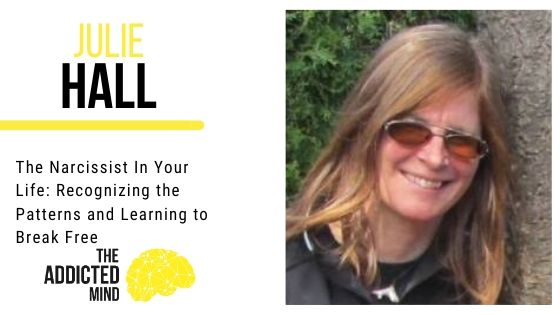 He apologized and the number of messages dropped dramatically.
He apologized and the number of messages dropped dramatically.
For each of our dates, he came up with some kind of cultural program: either a movie, or a restaurant, or a pool, or a slide, or a barbecue trip, and each time he emphasized that "everything is for you, for the most beautiful woman in the world." I was happy, it seemed to me that I got everything that I lacked in past relationships. The only thing that spoiled everything was his intrusive attention and also the fact that from time to time he began to whimper. He talked about his wife, at first he said that she had never supported him, that she had completely different interests “all sorts of nonsense - beauty salons, yes shopping”, that they had long become strangers, that they had been sleeping in different rooms for several years, and then suddenly she “for no reason at all got herself a lover” and he lost hope that everything would work out.
He also liked to whimper that a few years ago he was thrown by a partner and since then everything has somehow been neither shaky nor bad.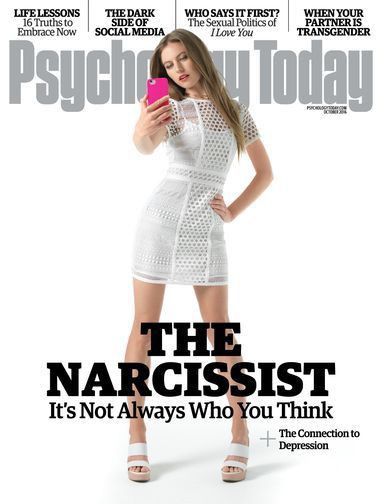 But he hinted several times that now he has a personal business consultant in the person of me, and everything will go smoothly for him. That hit me too, it sounded like I was a winning ticket to the lottery or a magic wand.
But he hinted several times that now he has a personal business consultant in the person of me, and everything will go smoothly for him. That hit me too, it sounded like I was a winning ticket to the lottery or a magic wand.
By the way, during the three months of our communication, Sasha did not ask me a single question about business, although he constantly spoke about the fact that I would advise him. Then suddenly he began to say that he was not interested in business at all, that he would soon finish inventing his magic device and become fabulously rich.
A month later, right after the first sex, Sasha began to show his essence more clearly. He began to write and call me again all day long, began to be offended if I could not meet with him and ask for a visit, stayed up late at a party, pretended that he did not understand hints, and even at direct statements that I needed to work, didn't react. I had to persistently ask him to leave several times, and once even to lift his hand from the sofa and send him out. He made a guilty face, but at the same time whimpered: “I miss you so much, and you are kicking me out, I will go back to my empty and hostile house, where no one loves me” .
He made a guilty face, but at the same time whimpered: “I miss you so much, and you are kicking me out, I will go back to my empty and hostile house, where no one loves me” .
At the same time, he began to behave differently on dates, began to demand that all the time that we spend together, I would pay attention exclusively to him . For example, we went for a walk in the woods, we walk holding hands, but as soon as I start looking to the side, he runs ahead, catches my eye and says: “Well, tell me something else.” It began to strain me very much, I am an introvert, I feel good with myself, I need to withdraw into myself from time to time. I have no problems in communication, I can communicate with a person for a very long time, if there is a topic for conversation, I can talk, I can listen, but I can’t and don’t want to squeeze words out of myself just to fill the silence.
In general, I told him about this, gently asking him not to do that. He was terribly offended, began to say that I was not interested in him, since I didn’t even have anything to talk about with him (despite the fact that we actually talked a lot and really had something to talk about with him).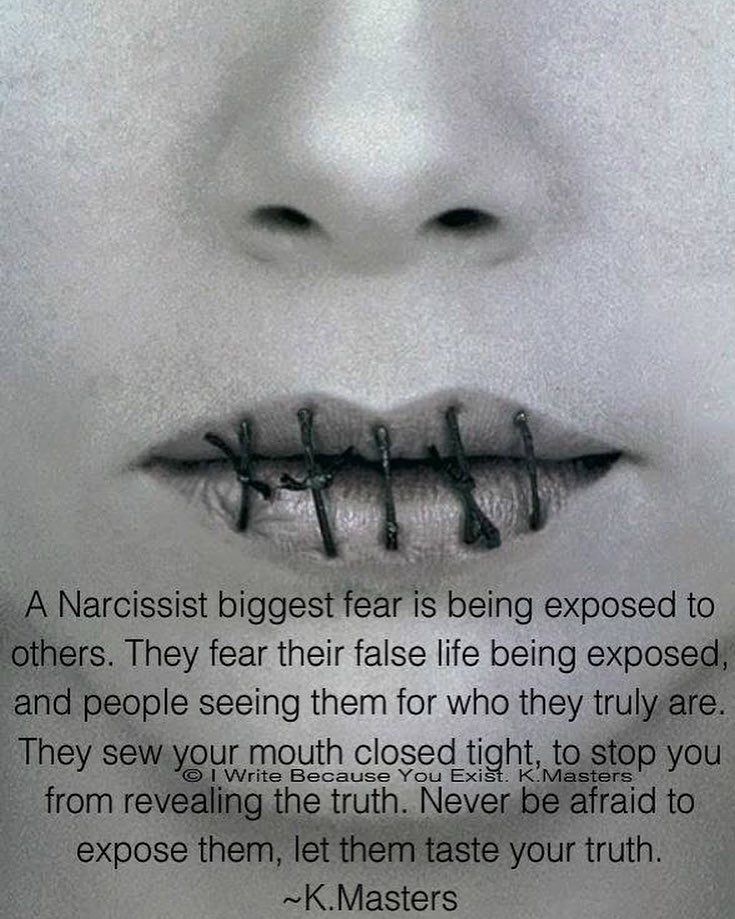 He continued to constantly attract my attention in every possible way. I began to get tired of our meetings, and then he took a break.
He continued to constantly attract my attention in every possible way. I began to get tired of our meetings, and then he took a break.
All of a sudden he didn't call or write all day, I was very surprised. In the evening, I called him myself, he picked up the phone, said that he had just been at work all day, he was wrapped up and all that. The next day there was silence again and again in the evening he said that he was busy. Then he offered to meet the next day, called in the morning and said that it would not be possible to meet, because he was going to the forest with friends. On the one hand, this made me happy, because I was a little tired of him, on the other hand, it puzzled me why it would be.
And then I suddenly remembered that I hadn't deleted my profile from the dating site - I just forgot about it and didn't go there for a long time. I decided to go in and delete it, because now I have a man. I went to the site, and he was online there, although at that time, according to him, he should be in the forest (he didn’t have gadgets or access to the Internet through the phone). I immediately called him, he did not pick up the phone. Then he called back late in the evening, said that he had just arrived and asked for a visit.
I immediately called him, he did not pick up the phone. Then he called back late in the evening, said that he had just arrived and asked for a visit.
When he arrived, I asked him a direct question: “What were you doing on a dating site at 2:30 pm today?” . And he told me: “What were you doing there?”. I didn't let him change the conversation and demanded an explanation. He began to say that it’s nothing like that he just communicates there with women whom he met before me, they just have common interests. That he was online during the day, at first he denied, then he said that maybe someone came from his computer, but I reminded him that he himself said that he enters the site only from a computer in the office, but not from home so no one else could be there. As a result, he "remembered" that they went to the forest just at 2:30 pm, they were going earlier, but were delayed, and at that time he could be on the site.
Then he began to say that he was actually monogamous and how could I not trust him, that if I insisted so, he would delete the profile right now, but only I would have to do the same in front of him, because in this case And he doesn't trust me either.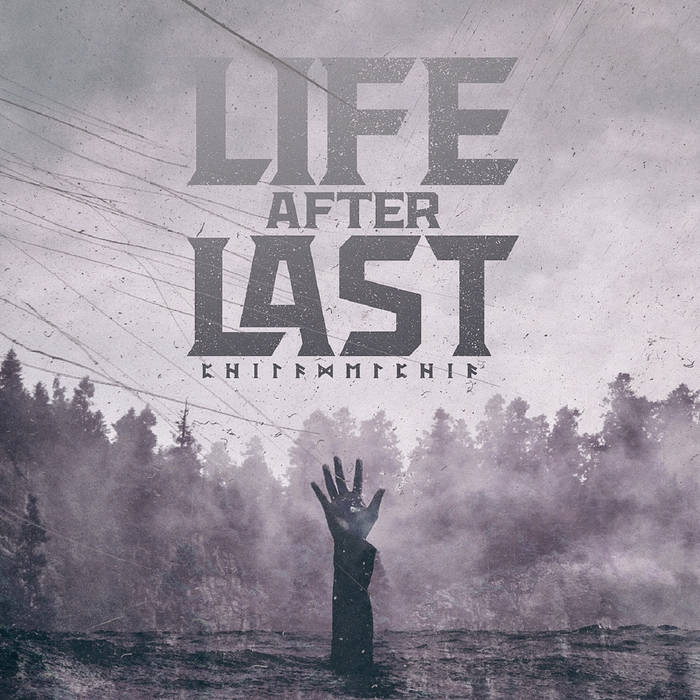 Then he said that it was actually stupid, because if he wanted to, he would easily create a new profile.
Then he said that it was actually stupid, because if he wanted to, he would easily create a new profile.
This event made me think very seriously, and I myself decided to take a break, telling Sasha that I had a blockage in work and that I would not be able to meet with him for a week. After that, we met a couple of times, I realized that I was not at all happy to see him and offered to leave.
I said that there are millions of women in the world for whom someone like him is the dream of a lifetime, but this is not my dream. That we have different needs and with other partners each of us will be better off. The breakup was just gorgeous: "You broke my heart, I don't trust women anymore, I can never love again, I don't want to meet anyone anymore."
For almost six months after the breakup, he wrote to me from time to time on Skype, like hello, how are you. And each such conversation ended with the fact that “I can’t forget you, I’m not looking for anyone else, there is emptiness inside.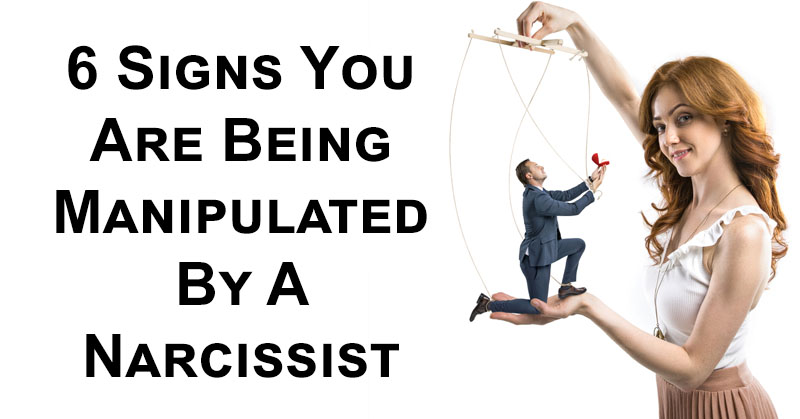 ” At first I felt sorry for him, then I answered harshly that "I am not a plug to fill someone's emptiness." Then I just stopped responding, and he fell behind.
” At first I felt sorry for him, then I answered harshly that "I am not a plug to fill someone's emptiness." Then I just stopped responding, and he fell behind.
A year after that, I didn't look for a relationship until I knew exactly what I wanted. What am I ready to give and what to accept. How do I see a constructive relationship. After complete clarity on this matter came to me, a man appeared in my life with whom I became completely happy.
Tags: life after a narcissist, stories of readers, a seemingly insignificant narcissist0003
This reader ended her short-lived romance two years ago. And only now she has matured to tell about how she lived these months, what "adventures" she undertook and how she then cooled down to them ...
But the most interesting, in my opinion, is in the second part of the story, where she shares her understanding who are narcissists. Reading!
“After the end of relationships with narcissists, everyone describes emptiness inside, a broken heart, a soul drunk to the bottom, complete indifference to people and to oneself, loss of taste for life. All this is true, but there is something else.
All this is true, but there is something else.
You are always looking for an answer to the question - what was it? And what can I do to stop this pain. I feel like in the movie "Night Watch", as if a needle was inserted into the back, through which strength is constantly being sucked out of you.
You seem to be trying to live, smile, love, but all the good that gets into you immediately flows into this needle ... How to pull it out and close this endless channel?
I'll try to tell the end of my story, because I can't even briefly describe the beginning and middle - it's a whole book. I will say the main thing - at the time of the beginning of the relationship I was married, the narcissist was married. We are have known each other for 15 years, because went to the same school and saw each other several times at alumni reunions.
Therefore, he was able to gain confidence easily. A common problem bribed - it turned out that both of us had failed marriages. It seemed to me that I made a mistake with the choice and did not love my husband.
It seemed to me that I made a mistake with the choice and did not love my husband.
An enchanting beginning, when there was a feeling that this was my man, whom I had been waiting for all my life , then an exhausting continuation on a huge emotional "swing" and a completely predictable ending. All this lasted 8 months. The relationship ended almost 2 years ago, but I decided to write just now.
Around the 2nd month of the relationship, I began to understand that something was wrong, and it was time to leave. Yeah, you know what it's like to get out of a daffodil. Plus, 's own family life has already begun to seem just bland and gray after such an extravaganza . In the 6th month of an endlessly exhausting relationship, I found a book by Tanya Tank, and a bunch of other literature on this topic, I also took a course on female dignity on the Internet.
And for another 2 months I hesitated back and forth, in the end, I made a decision and found a reason.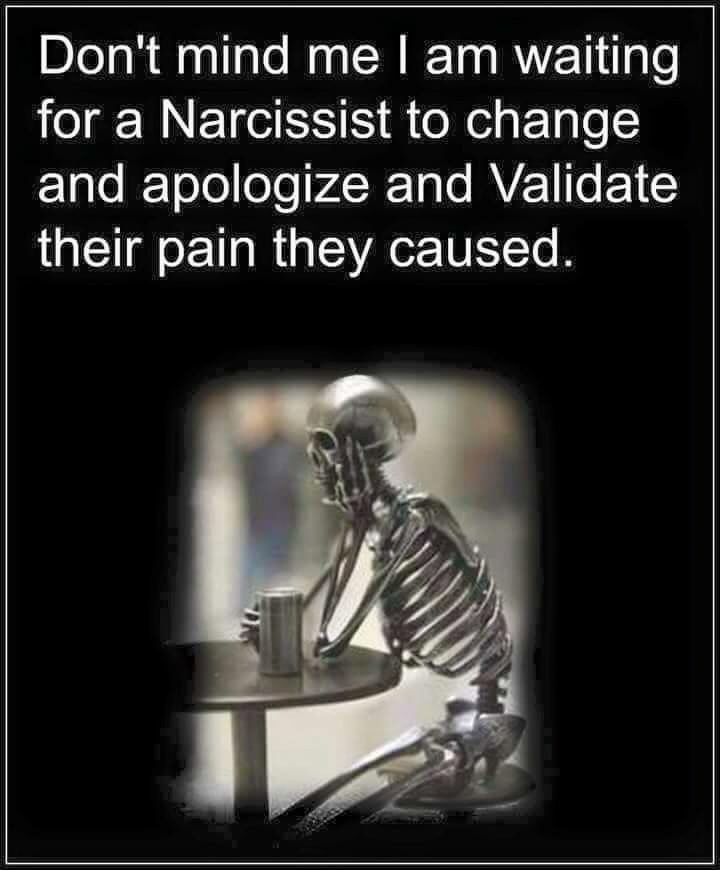 Just pinned the narcissist against the wall - getting a divorce? Not? Then bye. By the way, By that time I had already understood who was in front of me, and all my dreams of leaving my family and living with a wonderful lover had long since collapsed . Pure and bright "love" has turned into an ordinary adultery .
Just pinned the narcissist against the wall - getting a divorce? Not? Then bye. By the way, By that time I had already understood who was in front of me, and all my dreams of leaving my family and living with a wonderful lover had long since collapsed . Pure and bright "love" has turned into an ordinary adultery .
Bouquet "to think"
And yet I was able to stop it. I will omit the details, but at the time of the announcement of the breakup, he began to be thrown from crawling on his knees, when he begged for farewell intimacy, to the rudeness of . I lived through it and was relentless.
But , 3 calm weeks after the break, a classic ping arrived - a bouquet of flowers (just March 8 was). Everything would be fine, but this bouquet was delivered to my house by courier with my husband and friends . The bouquet was accompanied by a short note "I miss you, since March 8." Since the company immediately left for 3 days, both my husband and I had time to think.
I wrote to the daffodil : How dare you send me flowers at home?
Narts : And this is instead of thanks! I wanted you to know that I remember you.
Me : I already forgot, but my husband remembers now.
Narts : I don't understand, I would be happy in his place.
Me : Let's see if your wife is happy about the same.
Narts : I told you that I'm not afraid of anything, but you're decent, you won't touch her.
I was simply overwhelmed by a storm of emotions from indignation to resentment, which could not be shown. But my wise husband saw everything. I understood: either I will cry, hate and suffer, or I will go on the attack. And upon returning home, I went on the attack.
First, I revealed everything to my husband, who had already guessed for a long time. I slipped him Tanya's book and left him to decide what to do with me. I said that he had the right to leave me after this, but first I asked him to help morally destroy the Narts.
Second, I contacted the narcissist's wife. As I expected, according to the narcissist's many derogatory stories about her, she turned out to be in a state of finishing her meal , but at the same time she was once strong, and also a smart and kind woman.
We became friends. Well, how we became friends. She accepted the offer to play with the daffodil. But, unfortunately, each of us played our own game. I wanted revenge, and she tried to pull herself out. We even came up with a plan to meet all together at their house and surprise him. But at the last moment she changed her mind. For obvious reasons - we will scare him, and then she will somehow exist with him and share children.
In addition, at that moment a misfortune happened to her - on the eve of my separation from the narcissist, she broke her leg and was practically helpless.
By the way, her injury was the last straw for me. It was winter. We were at his country house. I saw his eyes the minute he learned about her unfortunate fall from the stone stairs.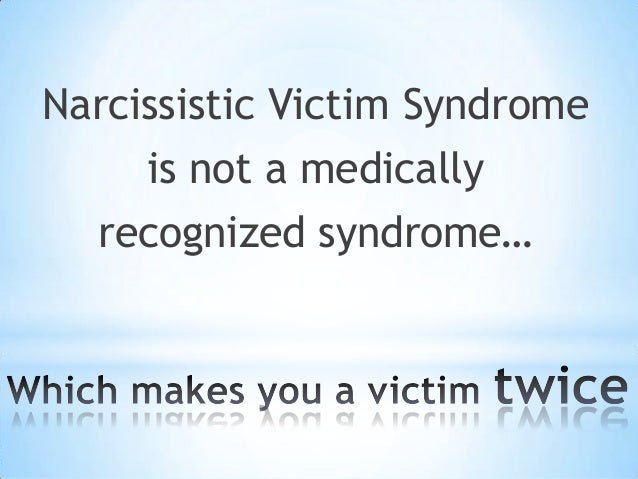 There was irritation, disappointment from a disrupted family trip with children to the Alps, and anger. Cold anger. And then he saw the horror in my eyes, and he tried to play compassion. Did not work out.
There was irritation, disappointment from a disrupted family trip with children to the Alps, and anger. Cold anger. And then he saw the horror in my eyes, and he tried to play compassion. Did not work out.
It was then that I finally realized that I was not mistaken in the diagnosis.
Brides on the assembly line
So, we - me, my husband and the narcissist's wife - conspired to disorient him a little. First, I made the narcissist believe that because of his bouquet, my husband left me. It looked like the truth.
Then I forced him, under the threat of calling his wife, to explain himself to my husband. He wrote him a completely stupid cowardly message where he tried to explain why he sent me flowers. “Believe me, it was just an innocent gift! We don't have anything!"
If the husband had not been prepared and did not know in advance, and if the story of our quarrel were true, after such a message, the narcissist would have been punished.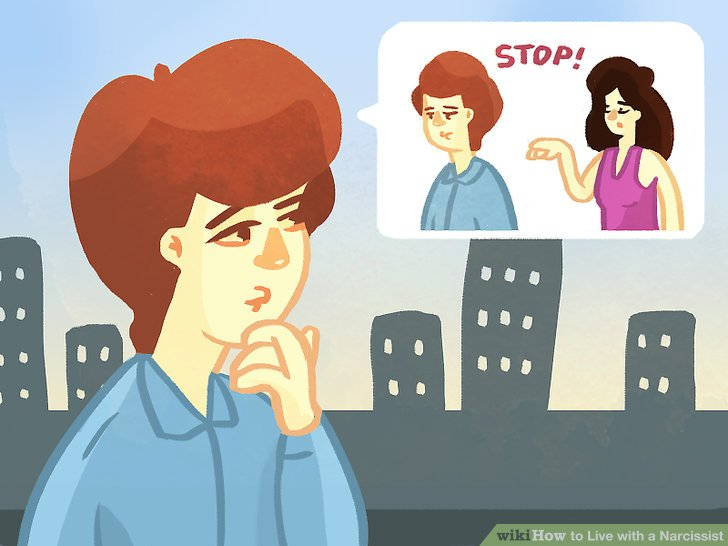 The husband answered him that he would also make him an innocent gift and send it home. What brought the narcissist into wild horror.
The husband answered him that he would also make him an innocent gift and send it home. What brought the narcissist into wild horror.
Then everything went like this: the narcissist's wife reported the location of the narcissist or the event that was happening to him, and my husband wrote him short SMS: “how is the weather in such and such an area?”, “how is someone doing?” "What, are you bored at home? Wait." As a result, the narcissist developed persecution mania. He stopped leaving the house, began to suffer from nervous indigestion, hysteria, and in the end, even got into a small accident.
Of course, at some point he realized that we were communicating. My wife began to call him the same as me, teasing me like me, raising topics and using phrases that annoyed him with me. He immediately tried to come up with a version for his wife who I am. All versions were poured one after another.
His wife regularly told me everything that was going on. Including the reaction of the narcissist's mother, her mother-in-law. It should probably be mentioned separately - we were familiar with her. She even tactfully left the dacha, leaving us a house, which fully confirmed in my eyes the version of his serious intentions towards me, and was for me a confirmation of his words about the desire to divorce and live together. (I almost did something stupid at the beginning of the relationship and did not leave my husband in the first month).
It should probably be mentioned separately - we were familiar with her. She even tactfully left the dacha, leaving us a house, which fully confirmed in my eyes the version of his serious intentions towards me, and was for me a confirmation of his words about the desire to divorce and live together. (I almost did something stupid at the beginning of the relationship and did not leave my husband in the first month).
Only later did I realize that 's mother was in the know, and I was by no means the first person to be presented to her in this capacity. After all, there were more than a dozen such "brides" . The worst thing is that the wife of the narcissist also knew them all, but like any victim, she did not want to believe, either she forgave or dared those she could. The final realization with whom she shares the roof and what kind of monster is raising her children came to her after our communication with her.
After we understood what kind of mother she was, a separate letter was sent to her with “opening her eyes” on her son. Guess the reaction - she threw herself on his wife's neck with sobs, what an evil aunt appeared in her son's life and how much she loves her daughter-in-law. In general, everything was very prosaic and according to the book.
Guess the reaction - she threw herself on his wife's neck with sobs, what an evil aunt appeared in her son's life and how much she loves her daughter-in-law. In general, everything was very prosaic and according to the book.
We've been playing like this for almost a month. When the narcissist finally realized that he had been revealed, how he was sausage. From sitting for hours on the toilet to bouts of aggression and "total remorse" . Of course, he tried to turn his wife against me, that I was lying, etc., but I had too many facts and evidence in my hands.
We checked everything with her - text messages, words, gifts, events. Hours of talking, tears, doubts, we even quarreled with her a couple of times, but every time she gave up even for a second, he showed his essence, and she slowly but surely accepted the truth . Now I understand that I put pressure on her, hurried her, sometimes said harsh things, but she made contact herself, which really cooled me. I wanted her to be more decisive, but she was in no hurry, step by step reconciling her every action.
I wanted her to be more decisive, but she was in no hurry, step by step reconciling her every action.
We no longer had any doubts about who was in front of us for a second. My imagination drew a bunch of plans for revenge. But she was wiser and more restrained. And, in the end, she refused revenge because of the fear of losing children. And I took my hands off this story, leaving her to make her own decisions.
At first she kicked him out of the house, then he rented an apartment, persuaded the children to live with him, his wife was left with nothing but to live in his old apartment and come to the children when he was gone. Now the situation is at this stage. Sometimes, when they are forced to communicate, he drives her on, sometimes he tries to win her back with cheap sugar shows.
She is still holding on. But I can see that it's hard for her. She couldn't free herself completely. We communicate regularly and kindly, she is completely open. Almost two years have passed since that story. Sometimes we go to the gym together, sometimes we visit, sometimes we just text each other. But she cannot make a final decision. He talks about it sometimes, but is afraid to hear something harsh or categorical from me, and changes the subject.
Sometimes we go to the gym together, sometimes we visit, sometimes we just text each other. But she cannot make a final decision. He talks about it sometimes, but is afraid to hear something harsh or categorical from me, and changes the subject.
As for me, the first year I lived in anticipation of the possibility of a final blow. Such as to morally destroy and humiliate him. And it's good that these were just plans and dreams. Life is wise - I burned out and rethought all . My husband and I rallied, he was able to understand. This is amazing for me. But my husband became my medicine and "constant" .
What about my needle in my back, you ask. She sticks out. I feel it sometimes. No one can close this channel. Gestalts with narts cannot be closed. Even if I brought at least one of my evil plans to some kind of conclusion, it would hardly help.
But I remember my crazy joy that he blocked me on all channels and called me an enemy of . I realized that I will never be in the harem, and he will never dare to ping me. After all, he believed that his wife and I could put him in a psychiatric hospital - this was one of my evil plans.
After all, he believed that his wife and I could put him in a psychiatric hospital - this was one of my evil plans.
The only thing I really feel sorry for is my real feelings, which I have never given so much to anyone and never , and I will probably not be able to give, several dozen poems, liters of tears and health. The result for me was an operation on the female part.
Avatar
But this bitter experience taught me to recognize the same people among people and not to succumb to manipulation. Although, sometimes it seems to me that I have become paranoid and they seem to me everywhere, but this is dulled and not every second seems to me to be a predator.
However, I was able to understand and feel one amazing and terrible thing: the person whom I fell in love with to the point of insanity, for the sake of which I almost gave up everything dearest, simply does not exist. The tragedy or comedy, as you like, of the narcissist's personality is that he has no personality.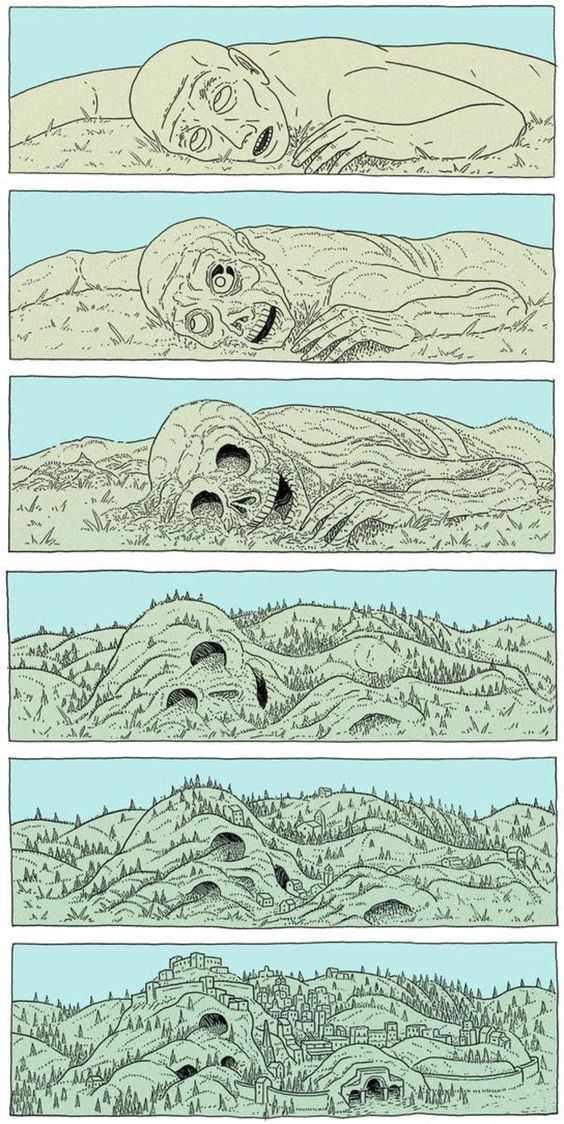
Simply a heap of borrowed phrases, lifestyles, books read, other people's scientific research, even addictions to drinks and food . He cannot understand for himself what he loves, because he does not know how to love anything. Yesterday he loved white wine, and today he loved red because he decided so. Or because some higher authority loves him.
I would never have believed it if I hadn't seen such a metamorphosis with my own eyes. My th narc was able to erase the old personality and write a new one in its place. With new preferences, reading list, hobbies, interests and even a new flavor menu. Can you do that? And they can.
A normal person can change his views, style, even taste, but he always knows that “yesterday I preferred black in clothes, and today I realized that green suits me and now I wear it.” Narcissus says: “I used to play computer games, but it wasn’t me, I’m new to games, I don’t play games, it sucks.” Who knows?
They know how to train not only victims, but also themselves, their bodies, adapting it to a particular circumstance.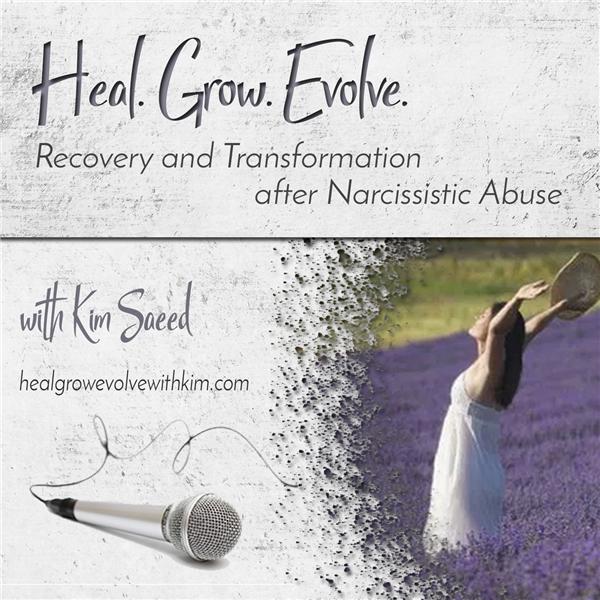 And this is not a lie in the general human perception, not a pretense, and not a game. This is a new created personality - Avatar. Completely flat, unfilled avatar. Who looks like a person, talks like a person, walks like a person, but inside there is emptiness. And that is exactly what narcissists are. It sounds crazy, and it’s almost impossible to understand it with your head, but it’s true.
And this is not a lie in the general human perception, not a pretense, and not a game. This is a new created personality - Avatar. Completely flat, unfilled avatar. Who looks like a person, talks like a person, walks like a person, but inside there is emptiness. And that is exactly what narcissists are. It sounds crazy, and it’s almost impossible to understand it with your head, but it’s true.
The narcissist has nothing to say to the world other than what someone else has already said and assigned to them. All the qualities that you endowed him with, all the experiences and emotions that you felt next to him, they are not his, they are yours and only yours. He has no emotions. He does not know how to admire, he does not know how to enjoy the moment, he does not know how to feel alive. Strictly speaking, he does not live, he exists, he parasitizes emotionally.
Even among schizoids, Machiavellians, aggressors, manipulators, abusers, etc., i.e. Individuals with various disorders have a soul and feelings, even in the absence of empathy as such, some of them are even able to create, reading the pain and emotions of others, or trying to feel them themselves.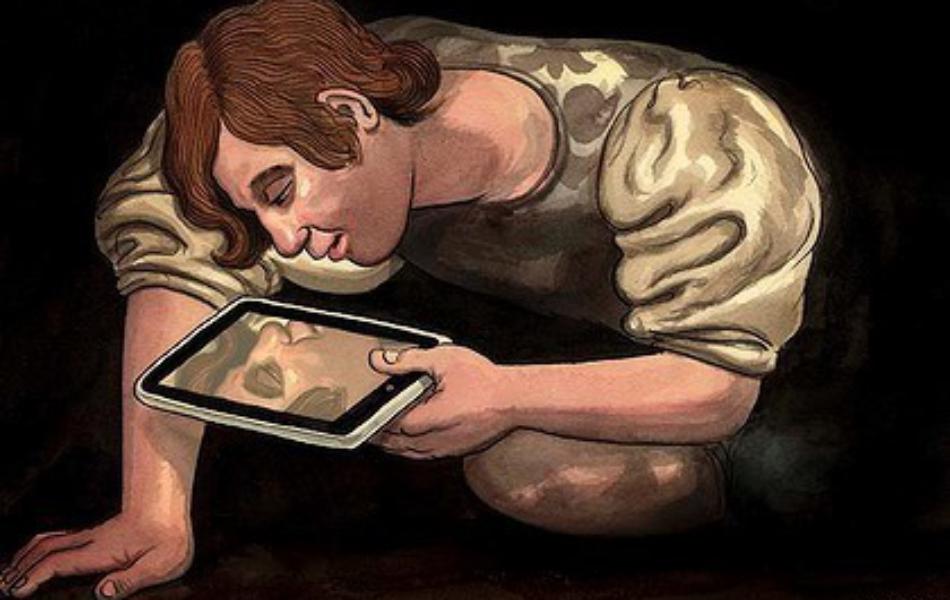 A narcissist has nothing inside at all. Nothing.
A narcissist has nothing inside at all. Nothing.
It is impossible for an ordinary person to understand. Only by being around for a long time and communicating with such an “avatar” do you begin to realize all the horror and depth of its emptiness. And your tragedy of meeting just such a type is the realization that it was not he who deceived you, you were deceived in general - his personality does not exist . Like the spoons in the famous movie The Matrix.
I suppose that this type is really extremely rare. Among many people in my already not very short life, I met such a person only once. And starting to quietly go crazy from the changed reality when communicating with this type, I rushed to look for an answer - what is it. And I found it only in Tanya's book.
The worst thing for my narcissist was to be alone. Even for a few hours. Without communication, at least by gadget, without the presence of at least some live viewer, even an outsider, the avatar will cease to exist. Literally. He will sit down and wait for someone to appear. He will not even be able to perform elementary human functions. For him, they will lose all meaning.
Literally. He will sit down and wait for someone to appear. He will not even be able to perform elementary human functions. For him, they will lose all meaning.
Left alone outside the city, in a house where there is both hot water and all the amenities, a pedant and a neat man, who was in awe of white tea cups and refused to drink from others, turned into an overgrown bum in 2 days. Because he was alone there. I drank tea from whatever I could. No one to try.
But if there is a spectator, he will be an intellectual, a sports macho, a connoisseur of art and literature, or an excellent conversationalist, and most importantly, he will believe himself that this is him.
Formally alive
An interesting fact from my communication practice is that the narcissist was simply obsessed with reading (as it turned out, this obsession appeared only in the last few years under the influence of a couple of authorities recognized by him), he boasted of a list of literature he read and literally imposed them to me, but when trying to find out what exactly hooked it, why this or that book, albeit an undeniably classic, was “cool”, he could not. I just couldn't.
I just couldn't.
The narcissist could not describe the essence of the book, nor his own experiences, nor the main idea of the work. Even a first grader will explain, for example, why he likes Spider-Man, but does not like the Joker. But the narcissist couldn't. Being an adult 40+ is an educated and well-read person. This is a test. Emotion test.
At the same time, the narcissist was able to give a funny reaction: "I associate myself with such and such a hero, because he is cool." - "Why is he cool?" - "Because".
This place is a dot. Further intellectual discussions with the narcissist on this topic will have the character of devaluing the interlocutor, who cannot understand such elementary evidence as the fact that this hero is cool. And you, respectively, sucks, since you don’t understand this. And you can break into a cake, trying to explain or prove something, based on universal human values and logic, you will simply waste your time.
Another example of eating habits.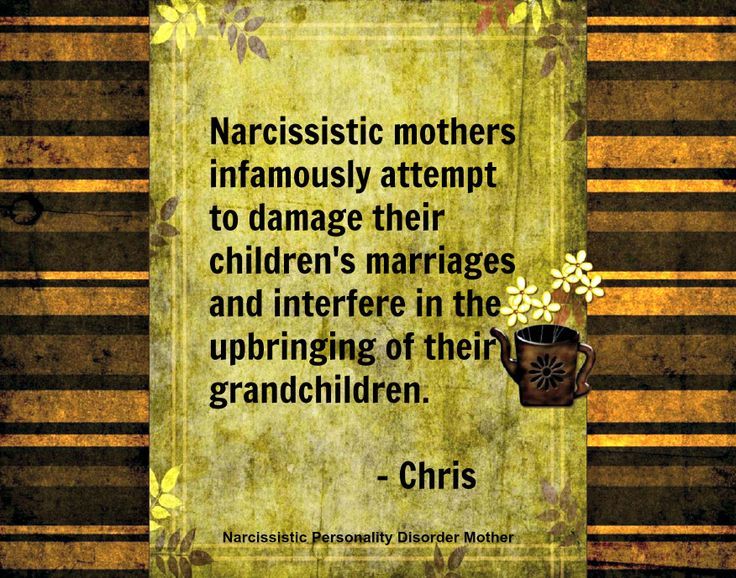 “I used to love lingonberries, but now I hate it, because. Ira loved her, who left me and blocked me. Before meeting Ira, I did not like lingonberries. I translate: i.e. he loved lingonberries only because a certain Ira loved her. (And he wanted to please her, at that moment he was in a state of adjustment and seduction of the victim, and therefore also loved lingonberries). And since you love lingonberries, then you suck, because. you don’t understand what suffering you cause me by forcing me to eat it, not even eat it, but just to see how you eat it.
“I used to love lingonberries, but now I hate it, because. Ira loved her, who left me and blocked me. Before meeting Ira, I did not like lingonberries. I translate: i.e. he loved lingonberries only because a certain Ira loved her. (And he wanted to please her, at that moment he was in a state of adjustment and seduction of the victim, and therefore also loved lingonberries). And since you love lingonberries, then you suck, because. you don’t understand what suffering you cause me by forcing me to eat it, not even eat it, but just to see how you eat it.
This is the logic of the narcissist. Of course, the narcissist does not experience any suffering. All that gnaws at him is narcissistic shame. After all, this same Ira, by the way, is a deceived victim who escaped in time herself at the beginning of the juicer and did not allow herself to finish eating. This is described in Tanya's book, I will not dwell on this in detail.
So, you have realized that you have a narcissist in front of you, and you are deceived. No person. Accordingly, there is no relationship, and there is no love and cannot be. Strictly speaking, when a narcissist mentions his feelings, it is always abstract. As if copied from some kind of stamp. He can just say "I have feelings". I translate: I'm a living person, and if everyone says so, then it is so. And he doesn't lie.
No person. Accordingly, there is no relationship, and there is no love and cannot be. Strictly speaking, when a narcissist mentions his feelings, it is always abstract. As if copied from some kind of stamp. He can just say "I have feelings". I translate: I'm a living person, and if everyone says so, then it is so. And he doesn't lie.
Formally, he is a living person, and it means that he has feelings. Smell, touch, taste, sight, etc. (look at the textbook of anatomy grade 10). Attraction is also a feeling, isn't it. The reproductive instincts of narcissists, like those of any mammal, are well developed. Accordingly, he does not lie to you. You don't specify exactly what feelings. Just try. Specify))
True, in extreme cases, he can confess his love! It can even kneel if you have shown character and are ready to leave it. At the same time, “I loved in the morning, but now I don’t, because you are such and such, further down the text” is also not a lie. In the morning he had instincts and everything suited him, but now he does not like it, because. you have ceased to satisfy some of his needs. Like this. No deception. Everything is fair.
you have ceased to satisfy some of his needs. Like this. No deception. Everything is fair.
One more thing. Narcissus and betrayal. There are no lies here either. You quarreled, so you broke up. This is obvious to a narcissist. You are not with him at the moment, since you are in a quarrel. He has no concept of belonging. Accordingly, treason after a quarrel is not treason, but formally you are not together (even despite the stamp in your passport). Here, too, there is no deception.
From here, it makes no sense at all to accuse a narcissist of cheating, not because he does not want to admit his lies or wrong actions. Not at all. It's just that at that moment it was not he who said or did so, but the person in whose costume he played his role at that moment.
At worst, a narcissist can always replace a person and present you with a new “repentant” self. Which has nothing to do with the bad.
And the phrase - "it was not me" is not an empty phrase from the mouth of a narcissist. It really wasn't 'I', because there is no 'I'.
It really wasn't 'I', because there is no 'I'.
You just need to understand that I - in the vocabulary of a narcissist - is the costume of his avatar. And the avatar itself is a crystal clear bodily being that is controlled by this suit. Remember the movie Suit with Jackie Chan? Here is such a funny paradox.
The realization of this fact finally and irrevocably cured me of any feelings for such a being. For, fortunately, we, people, feel love for a living being, whether bad or good, but with its own character and personality. It is the personality that attracts us in a person, as a combination of internal and external characteristics, and not an empty three-dimensional picture. The rest is described in detail and correctly by many authors, including Tanya Tank.
And trying to heal from painful love specifically for a narcissist, remember - this person does not exist, this person does not exist, you love an avatar controlled by his own costume. Those. strictly speaking, you love his suit. You might as well love a famous artist on TV or a statue in the park -
strictly speaking, you love his suit. You might as well love a famous artist on TV or a statue in the park -
love, no one forbids you, but this has nothing to do with them. Do you understand?
It seems to me that the existence of such narcissists in human society is similar to the existence of black holes in space. This is not even an anomaly, this is an inevitable pattern in places where a large amount of energy is accumulated. Boom - and a powerful explosion, and in its place a black hole formed in space, absorbing light and any energy that enters it, irrevocably. The law of conservation of energy in black holes does not work. Energy exchange is not possible there.
Cosmic black holes also have one property - this is a region of space-time, the gravitational attraction of which is so great that even objects moving at the speed of light, including quanta of light itself, cannot leave it.
Apparently, some similar process is going on with human souls at a high level.